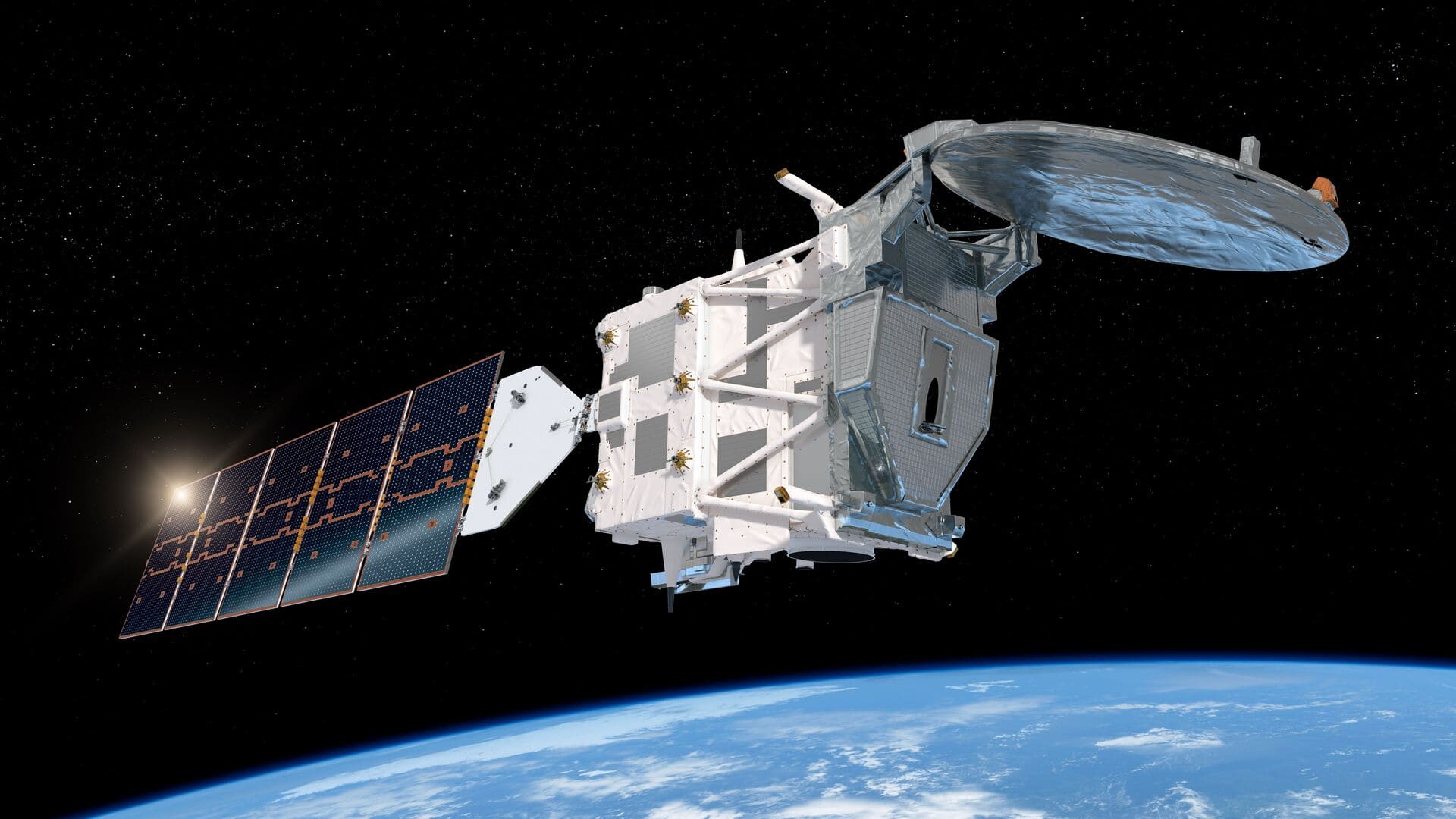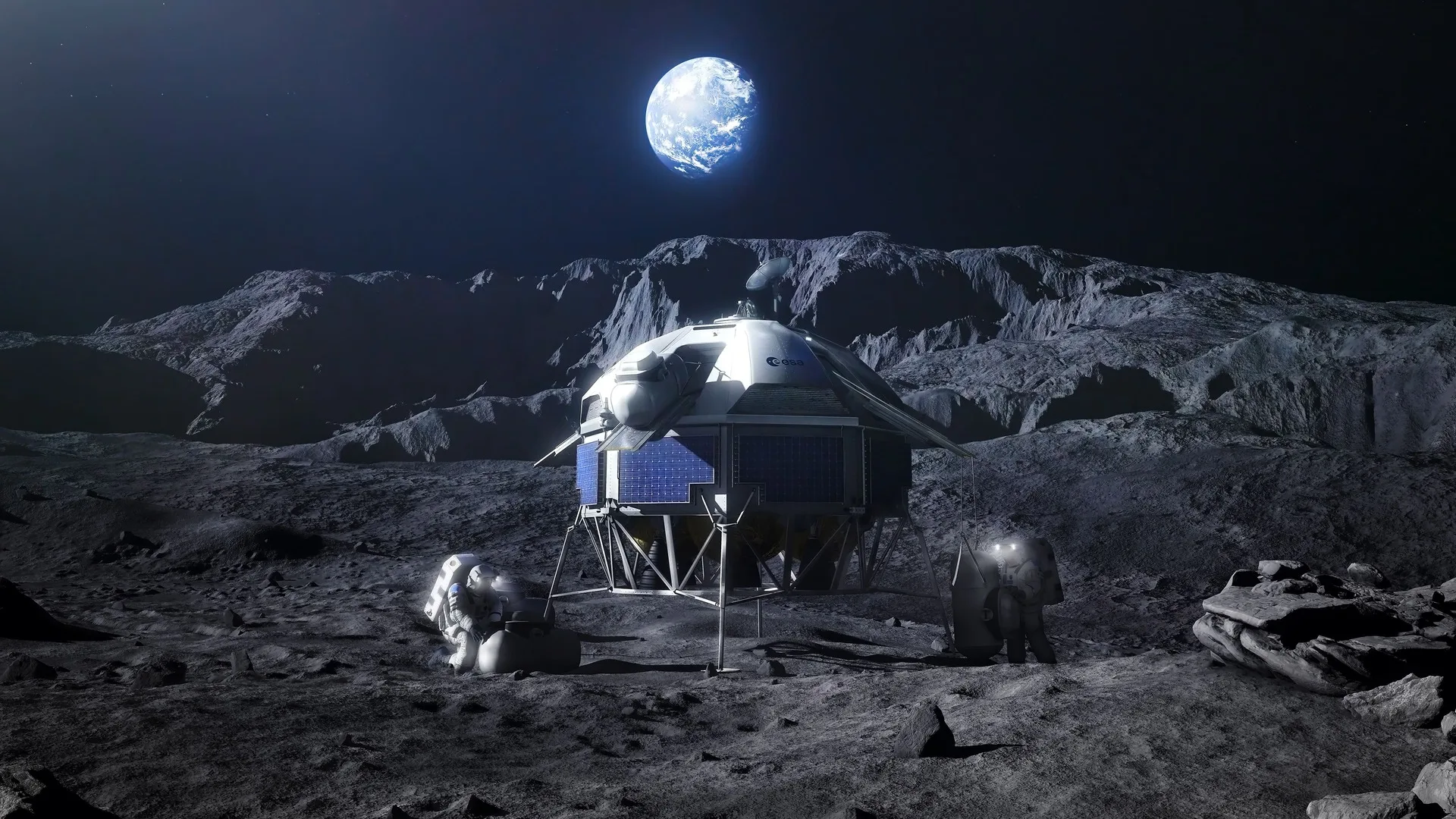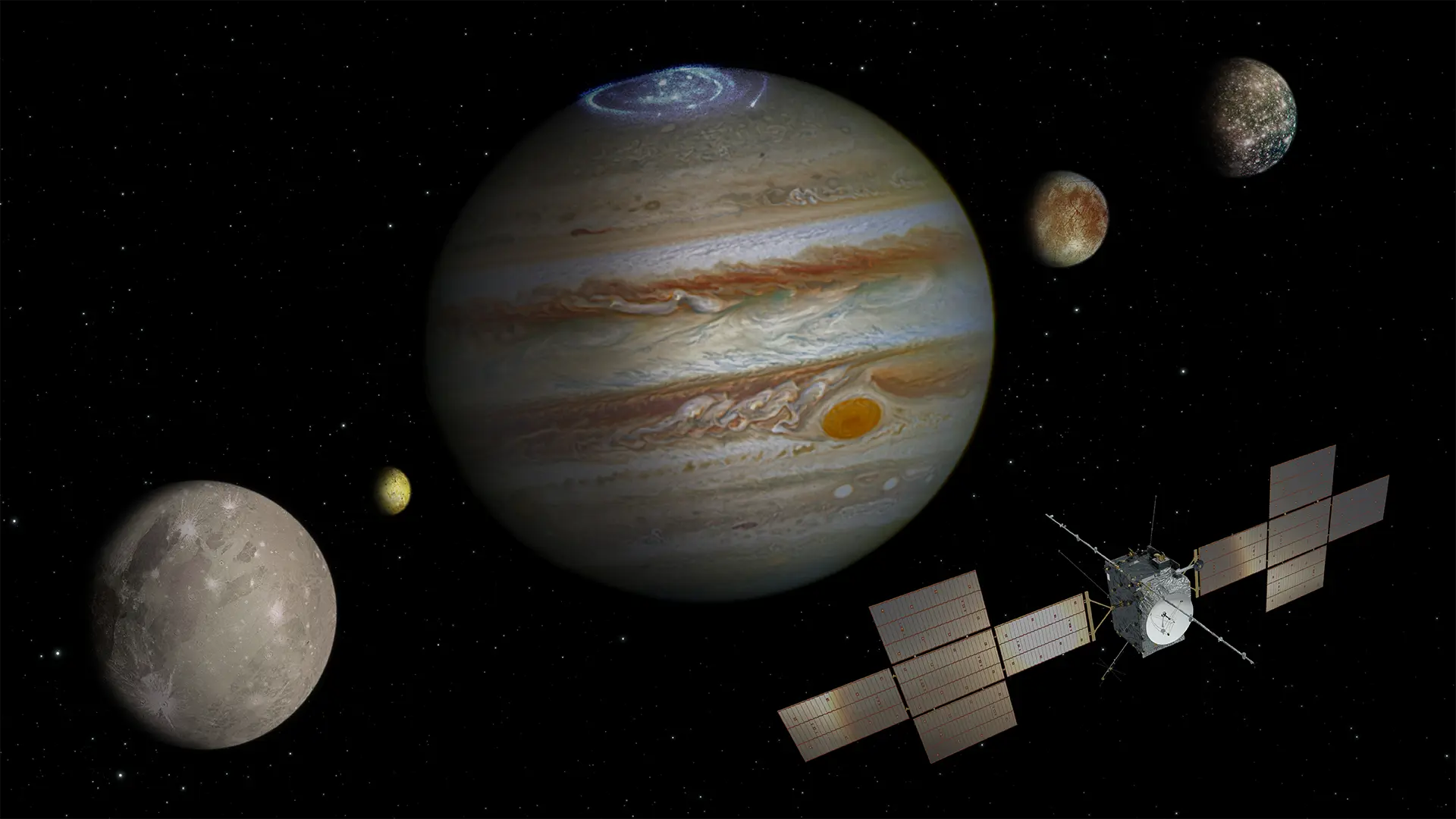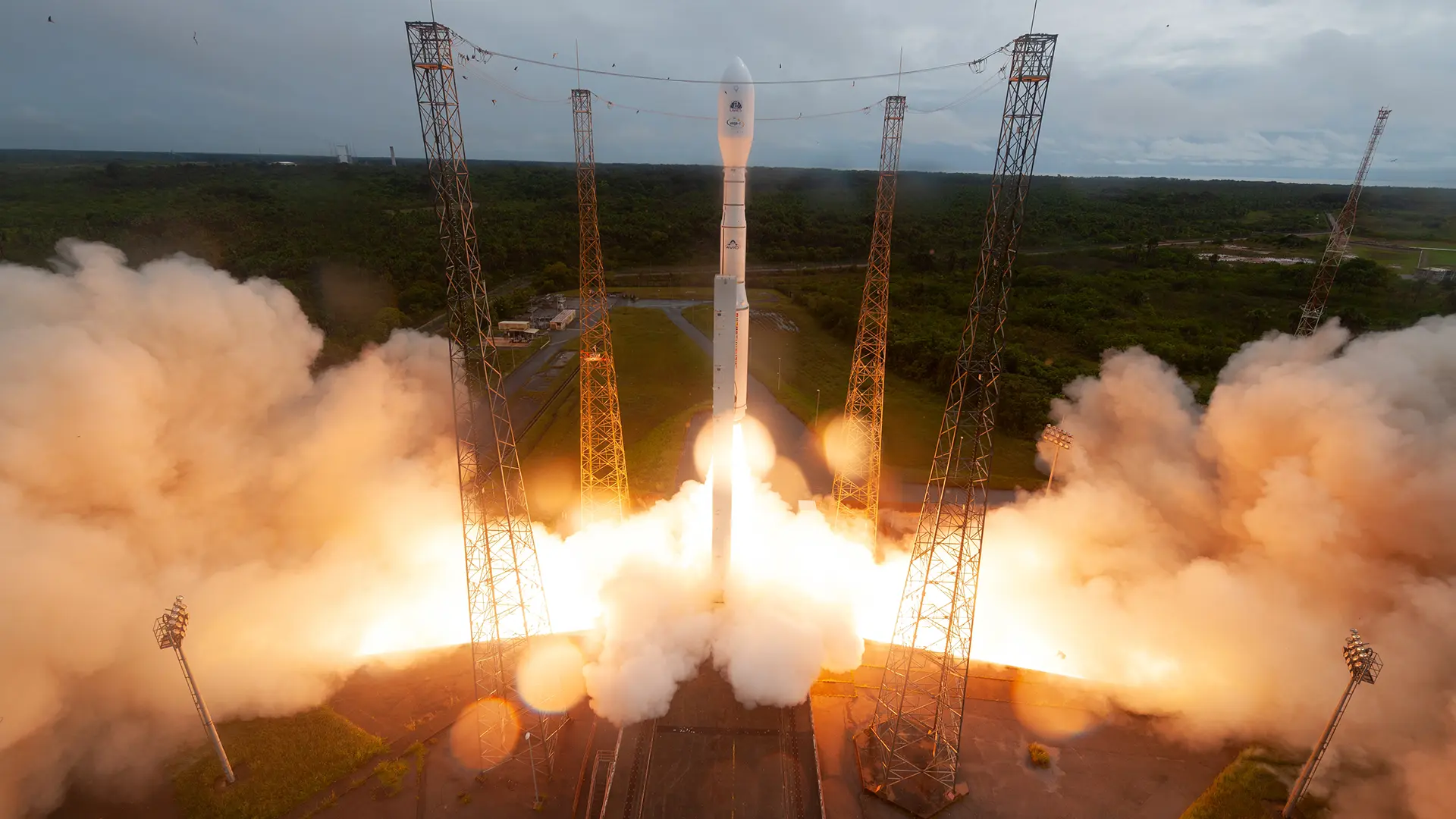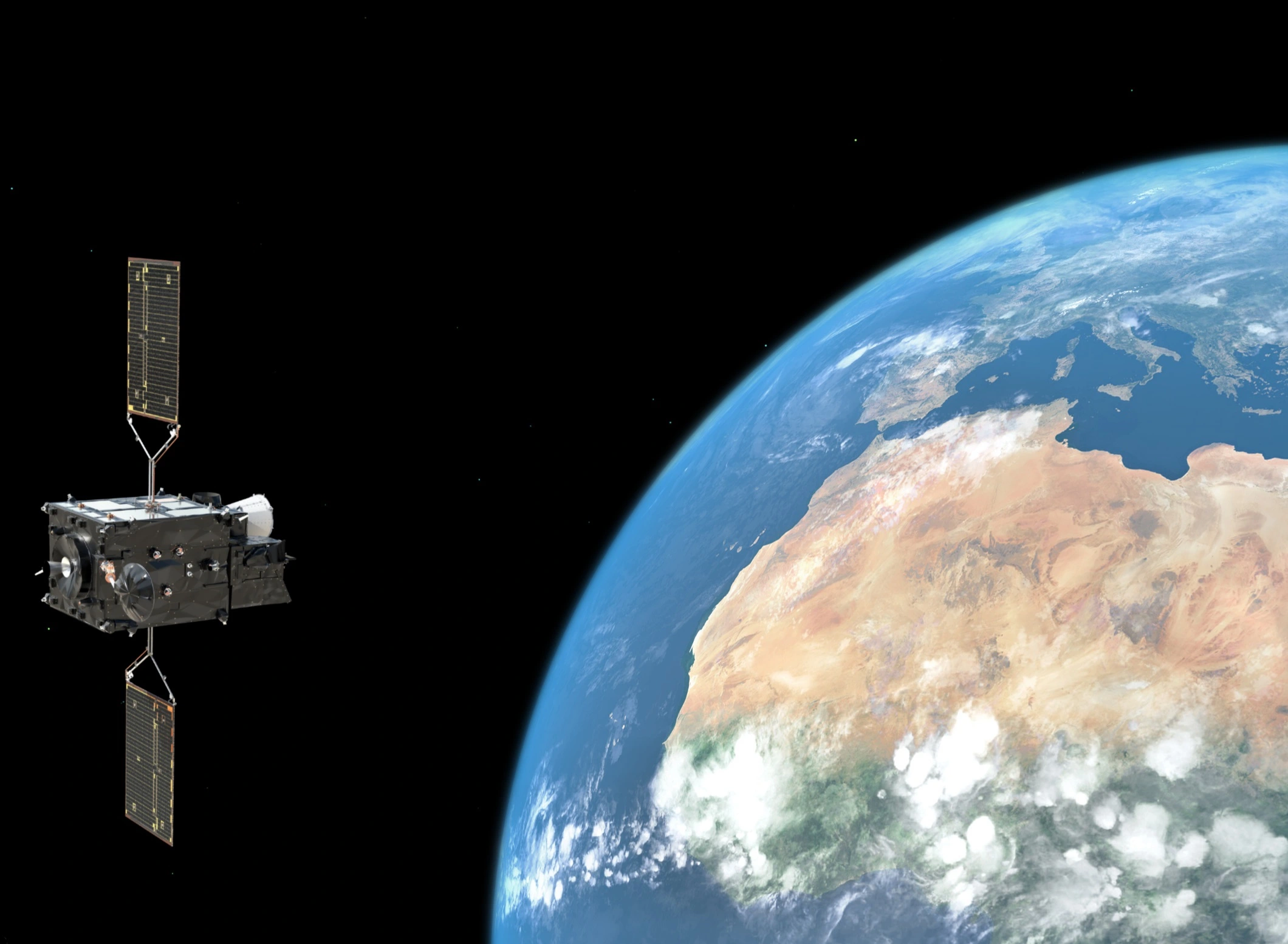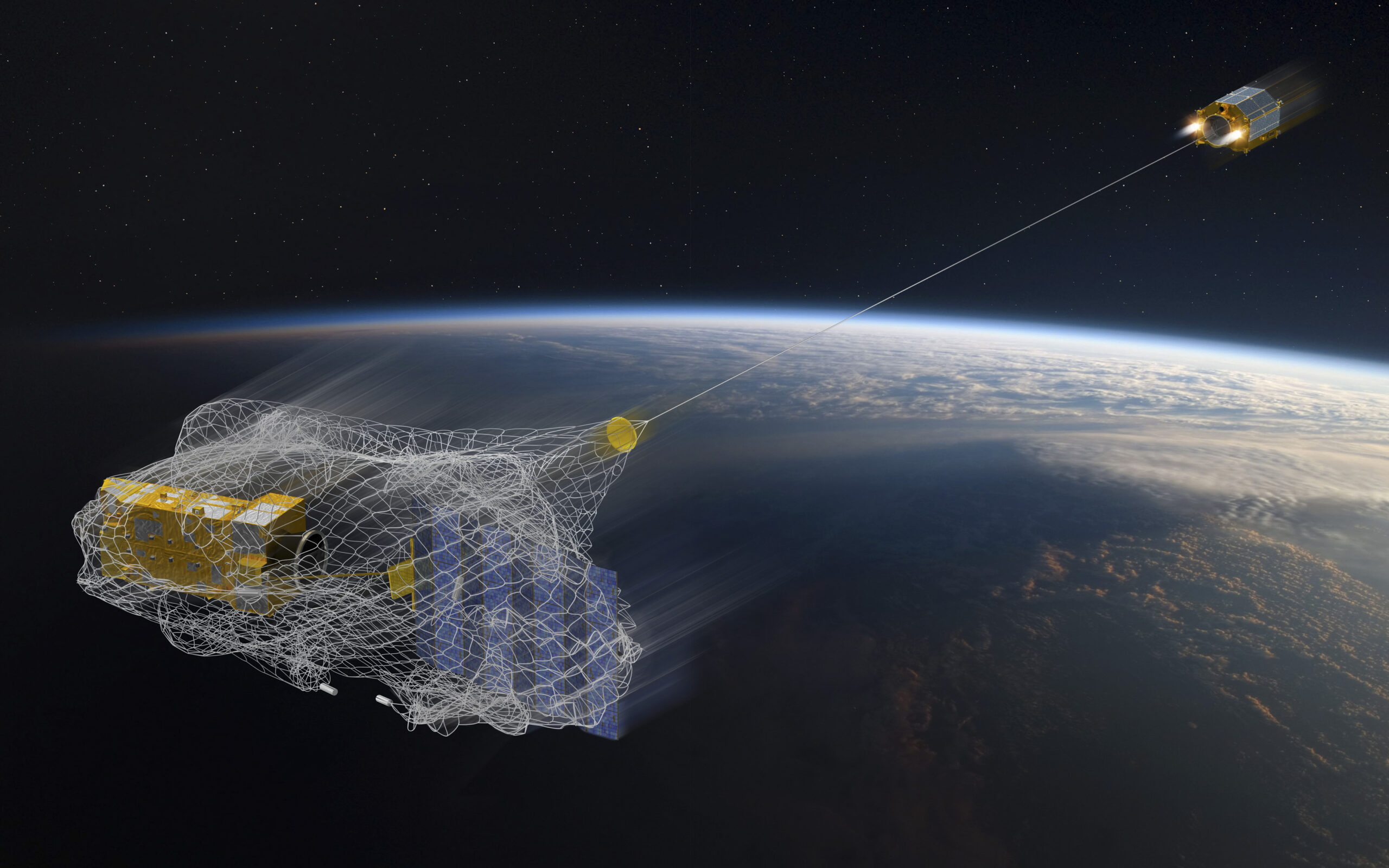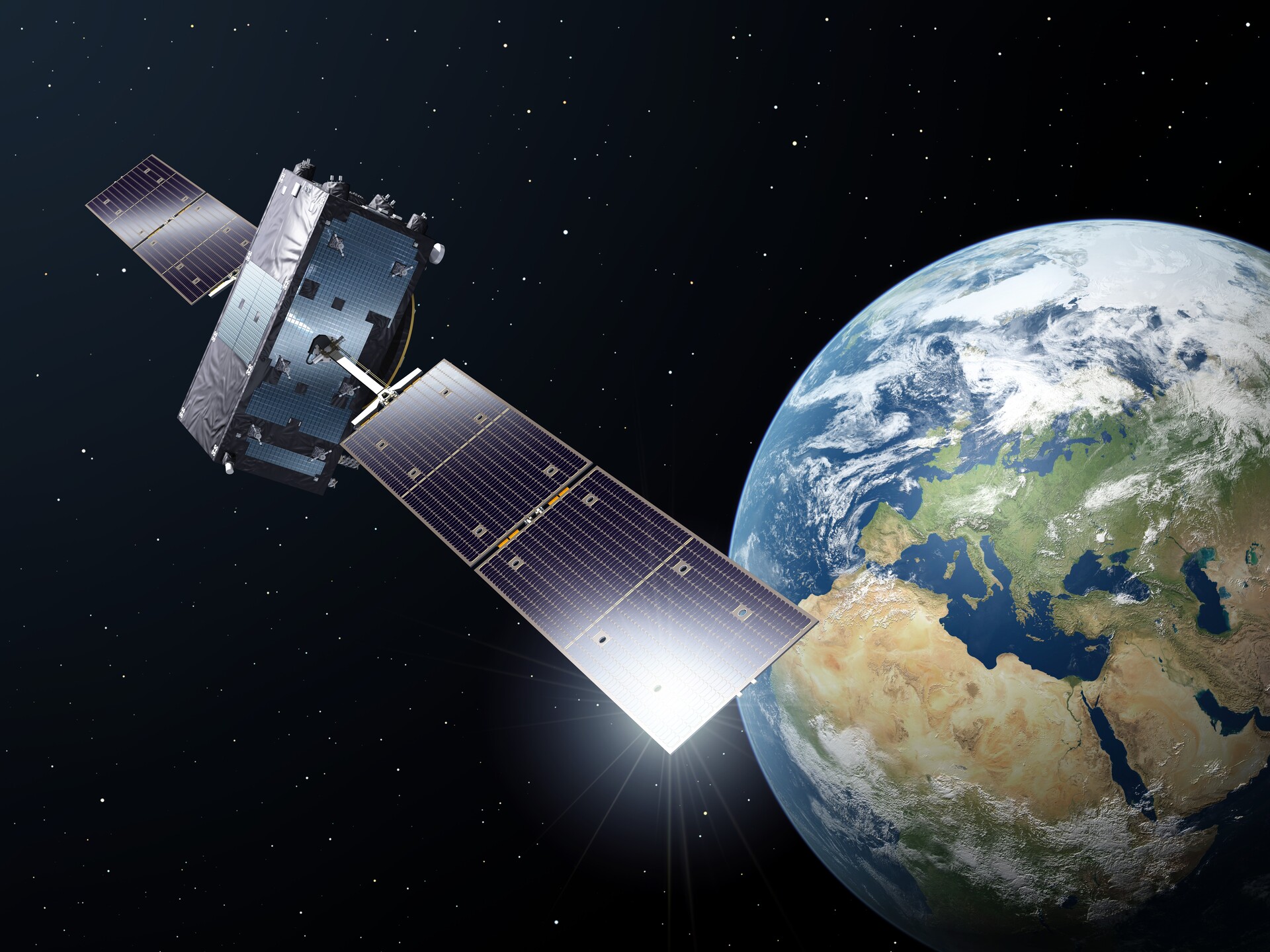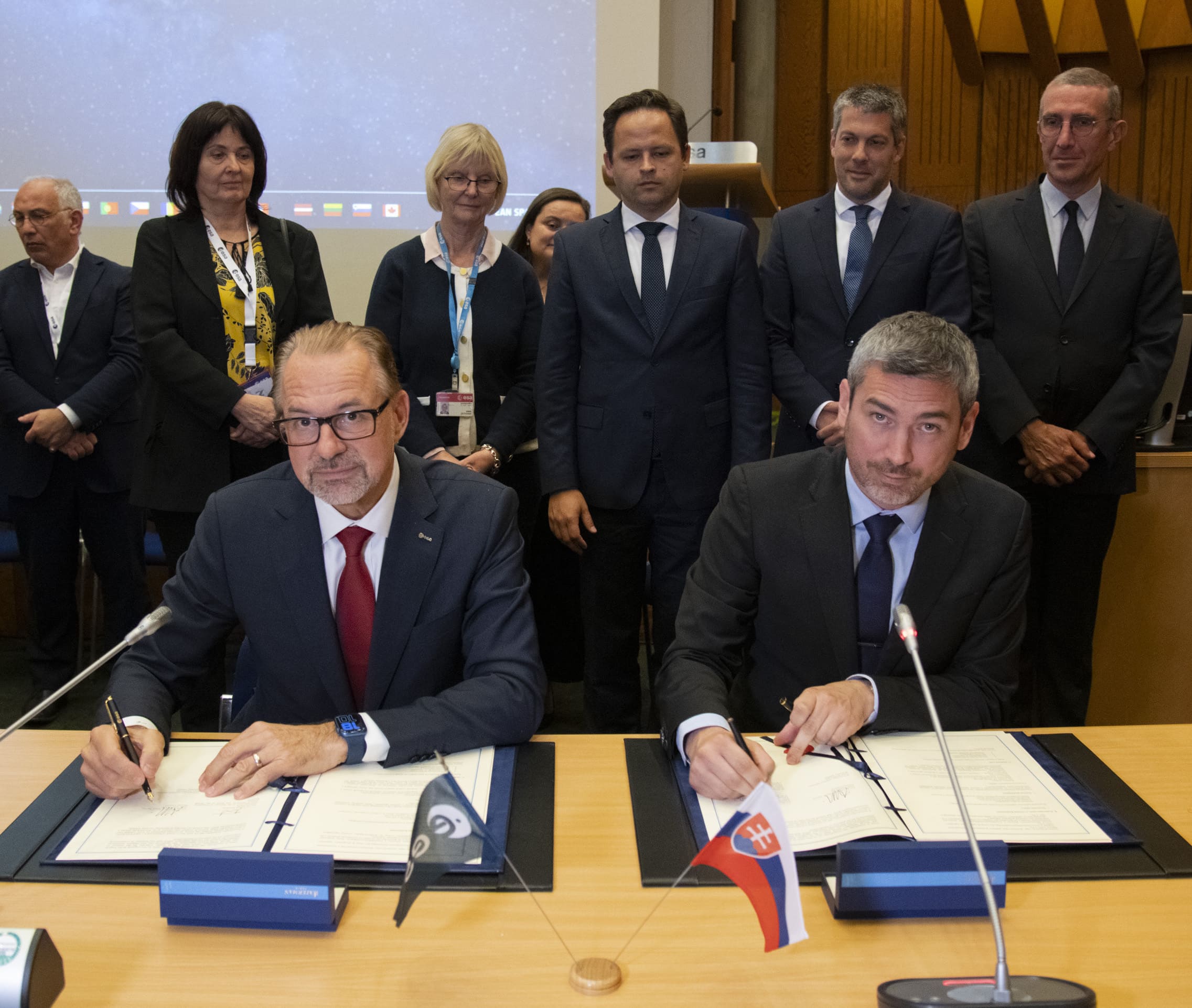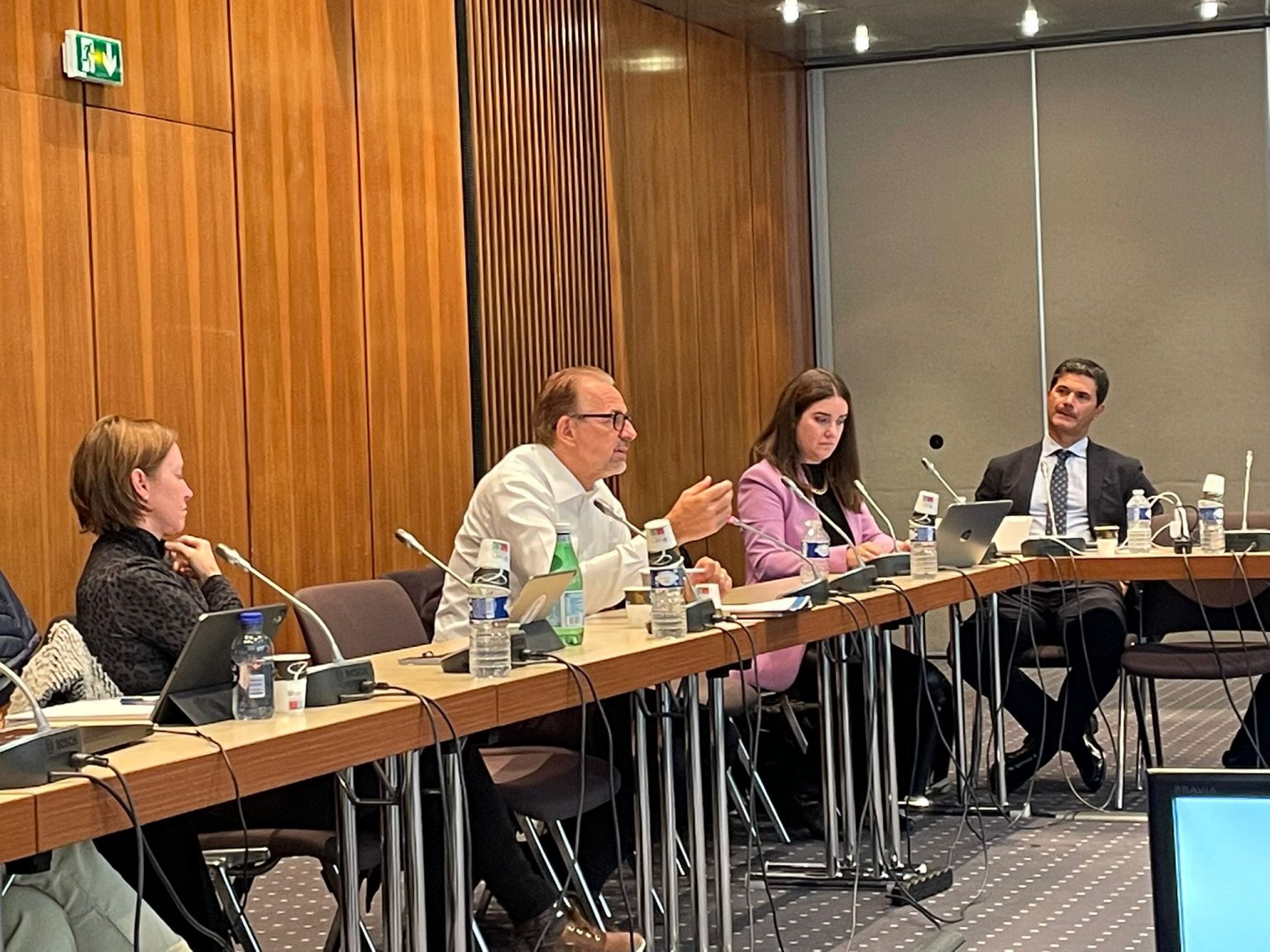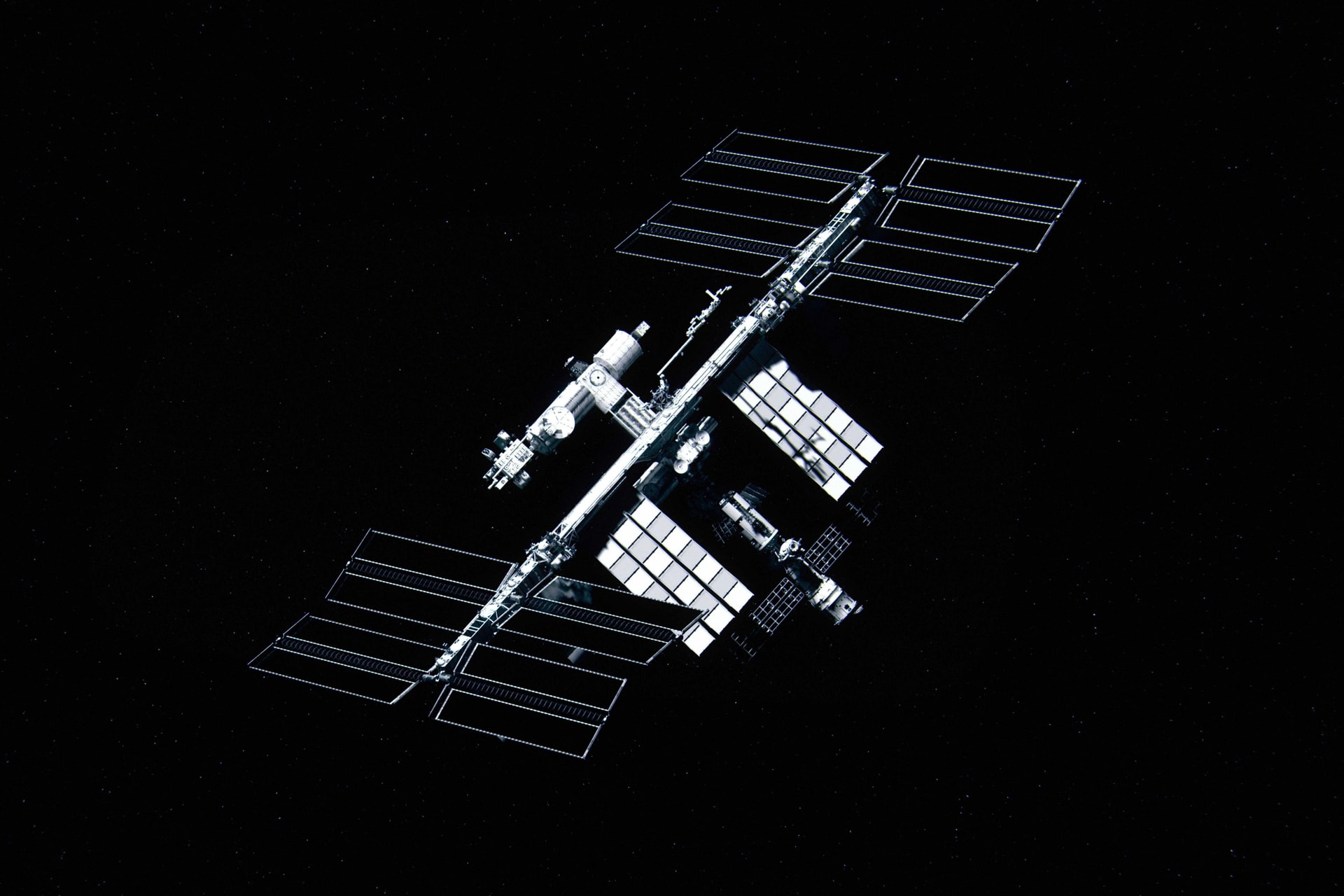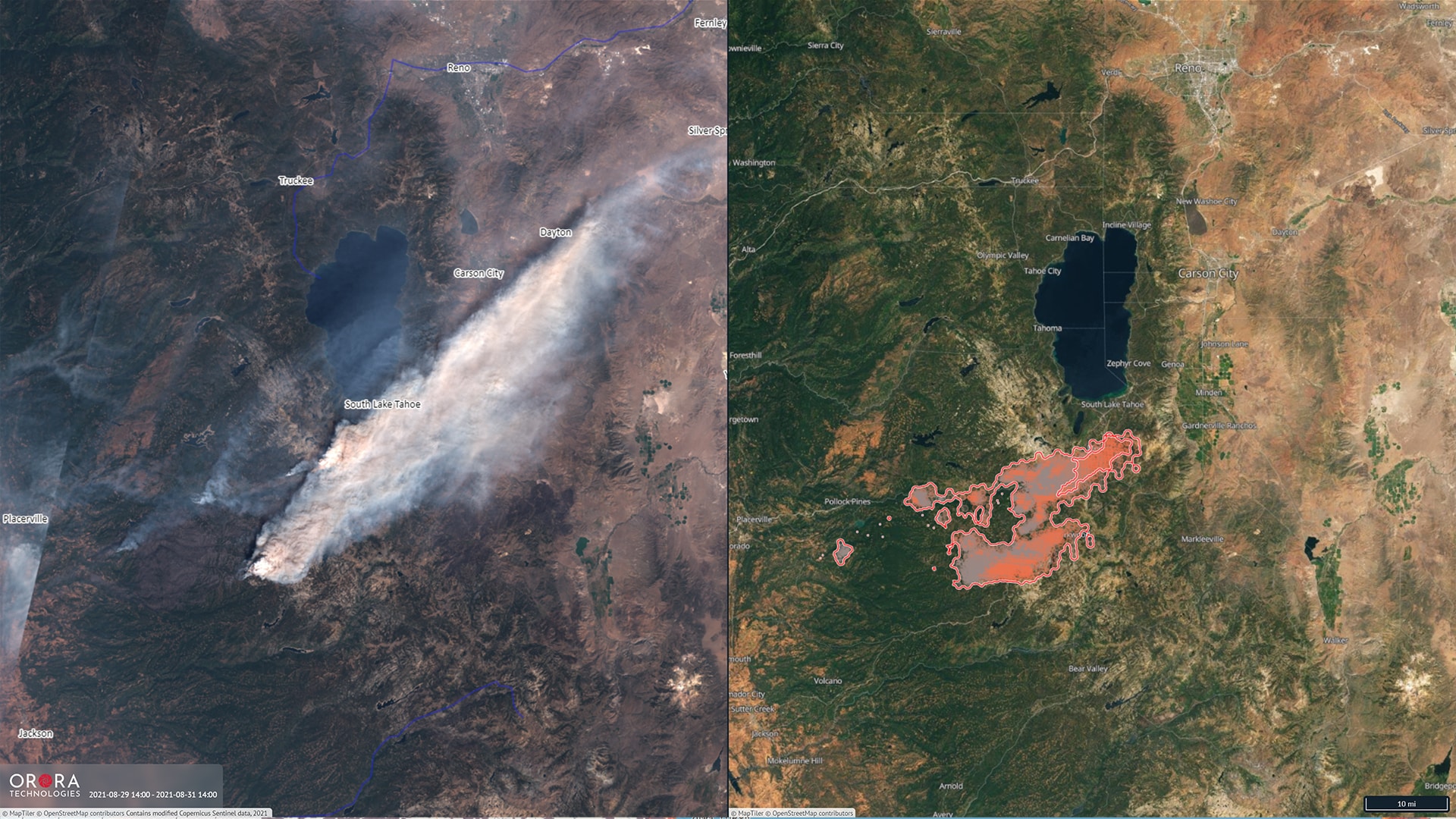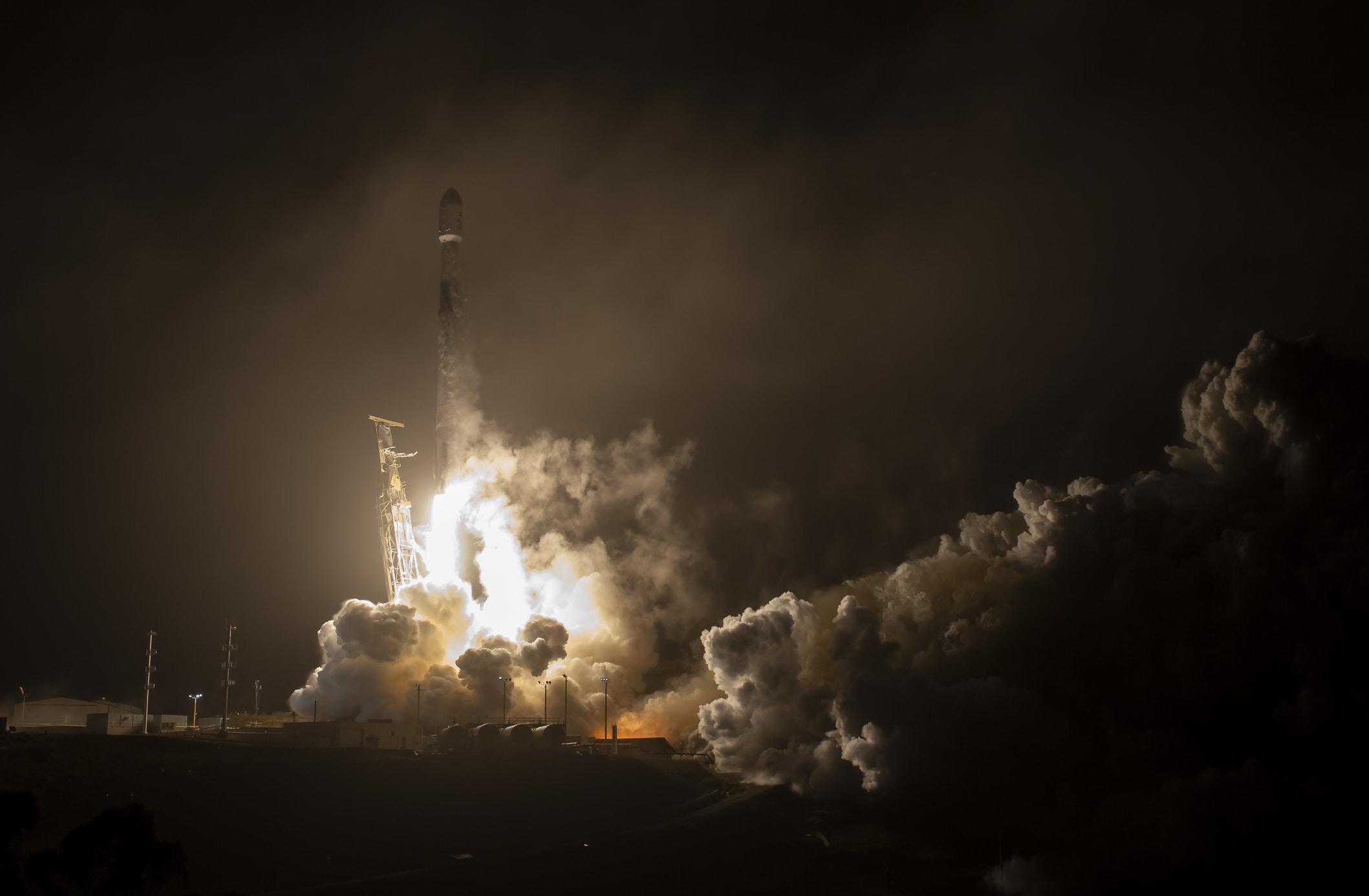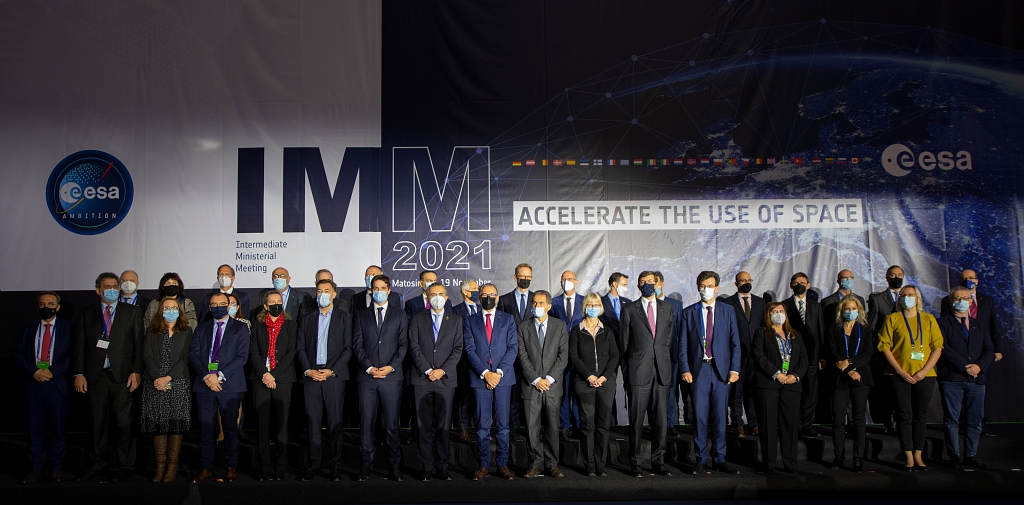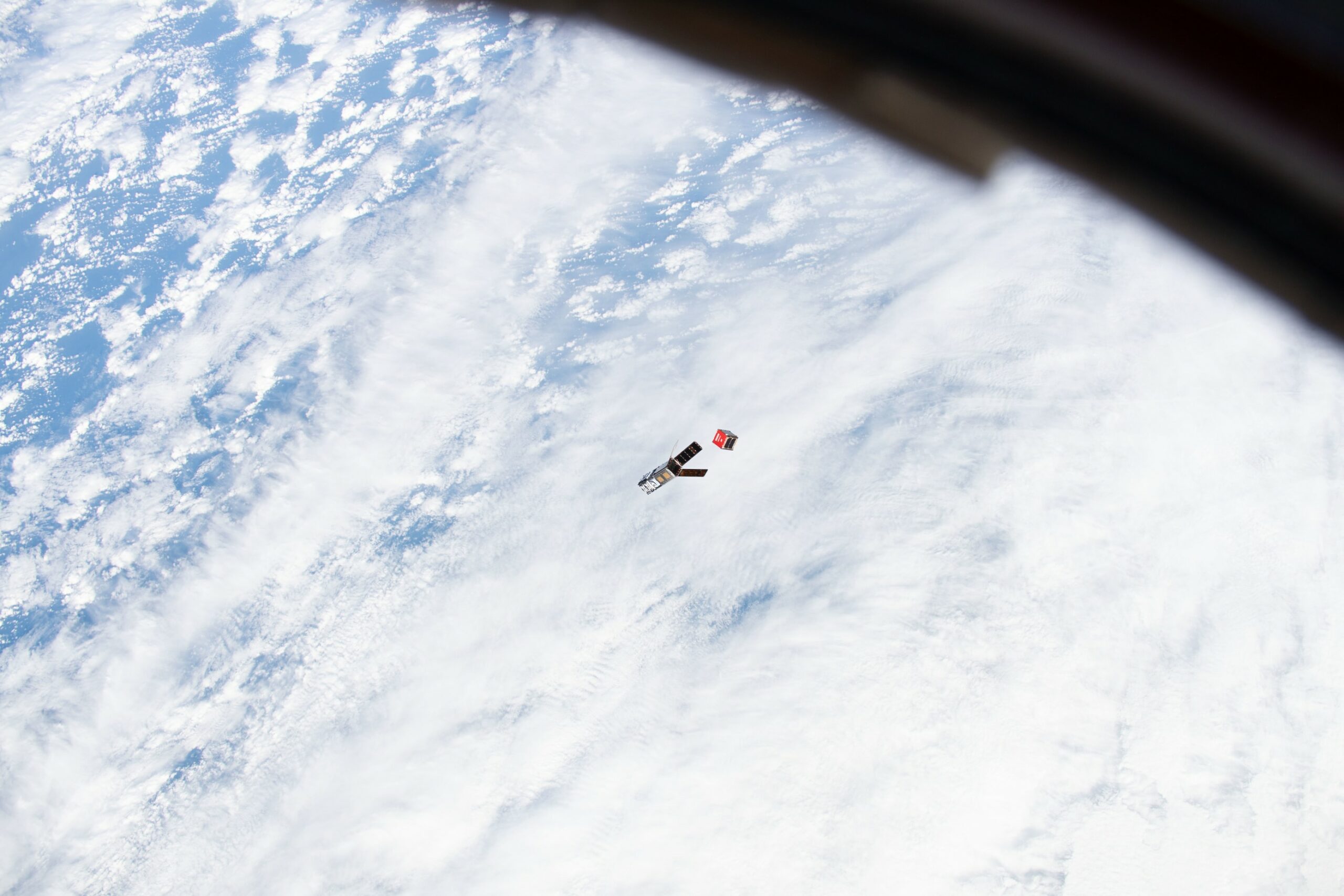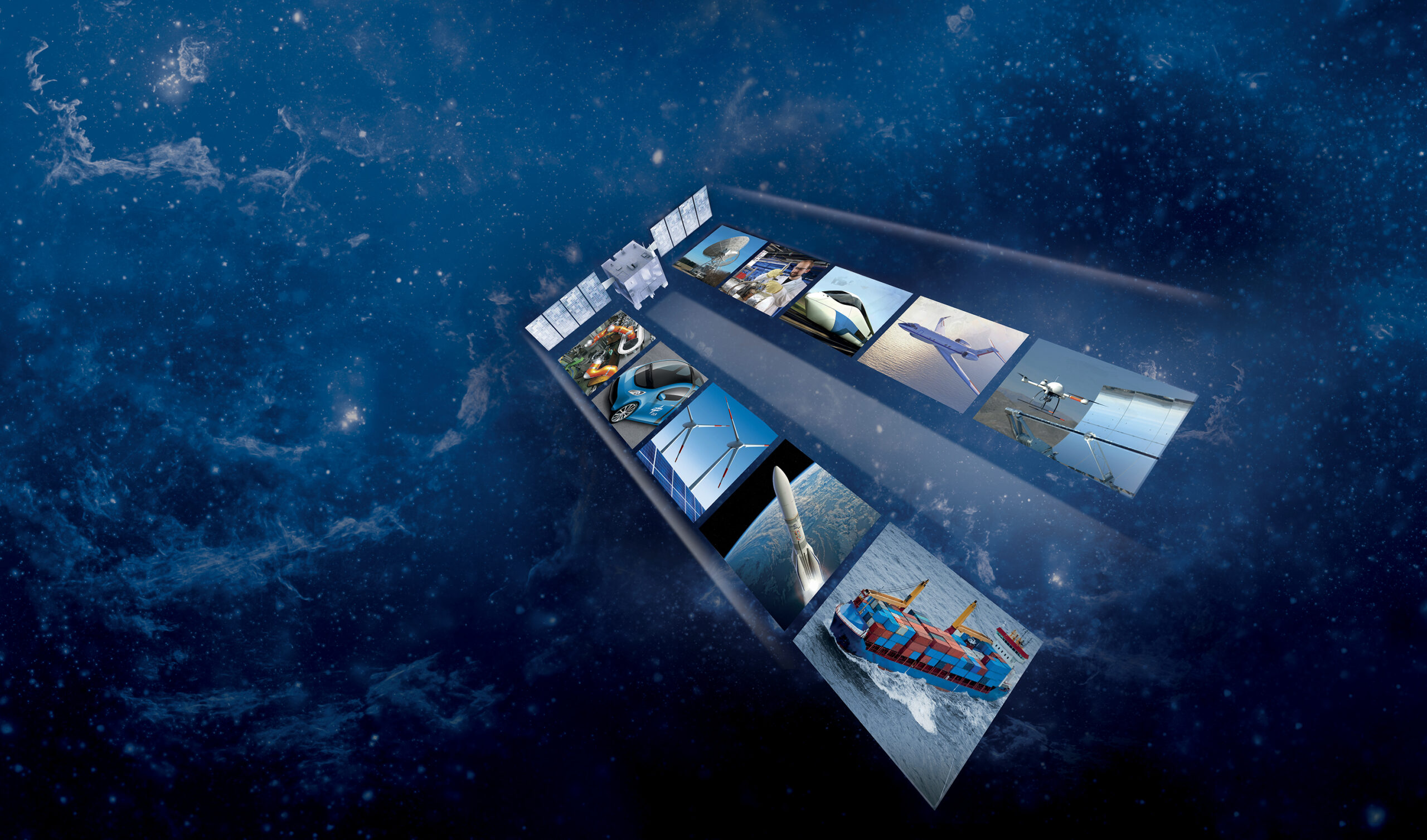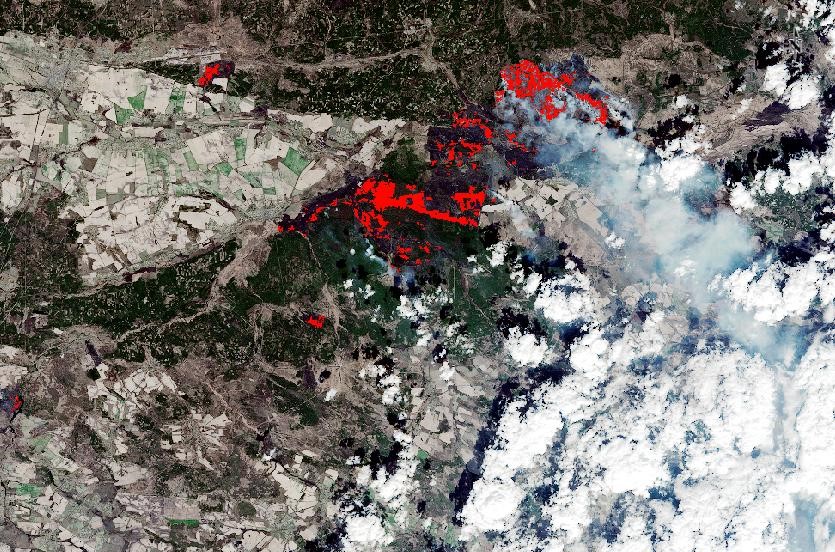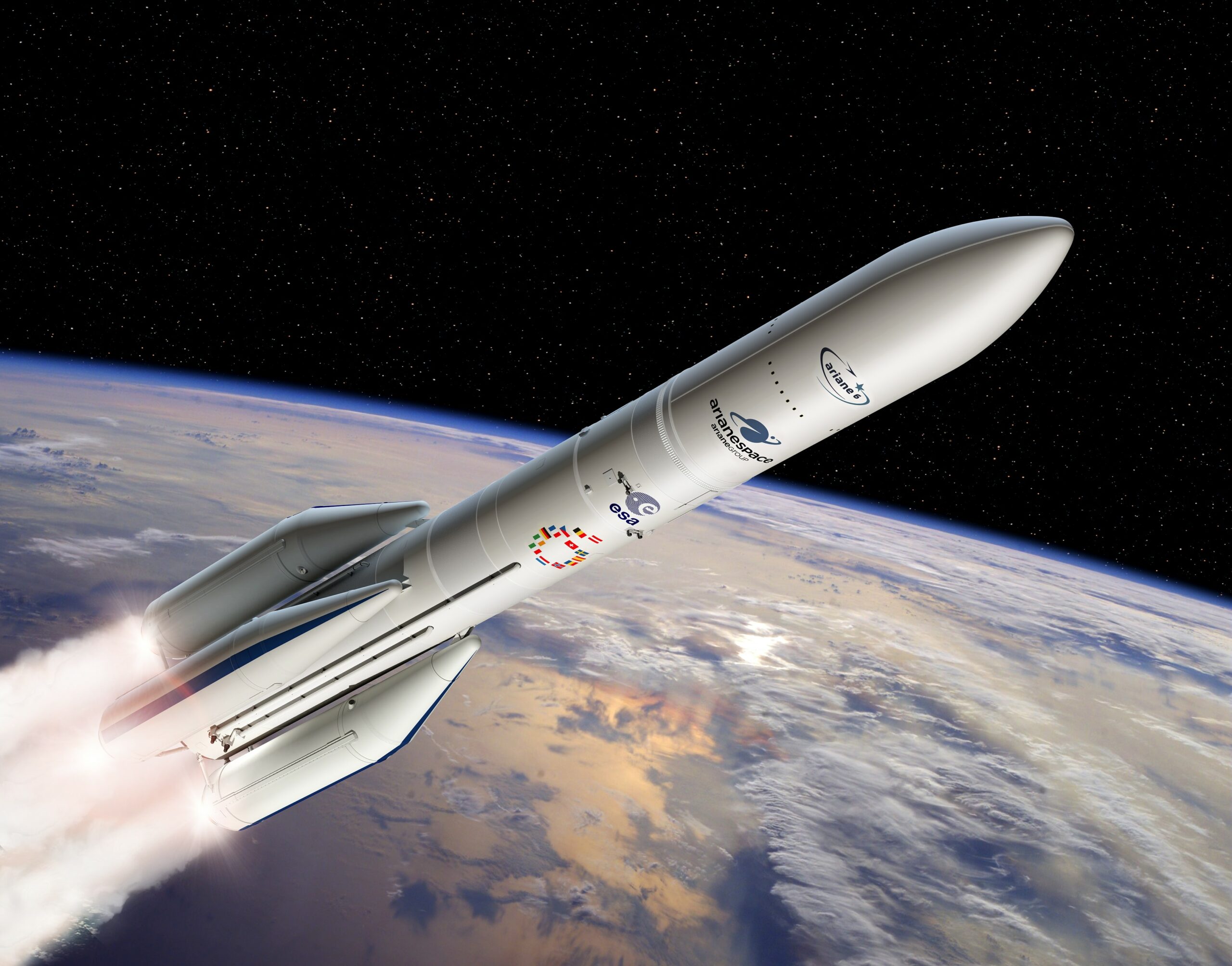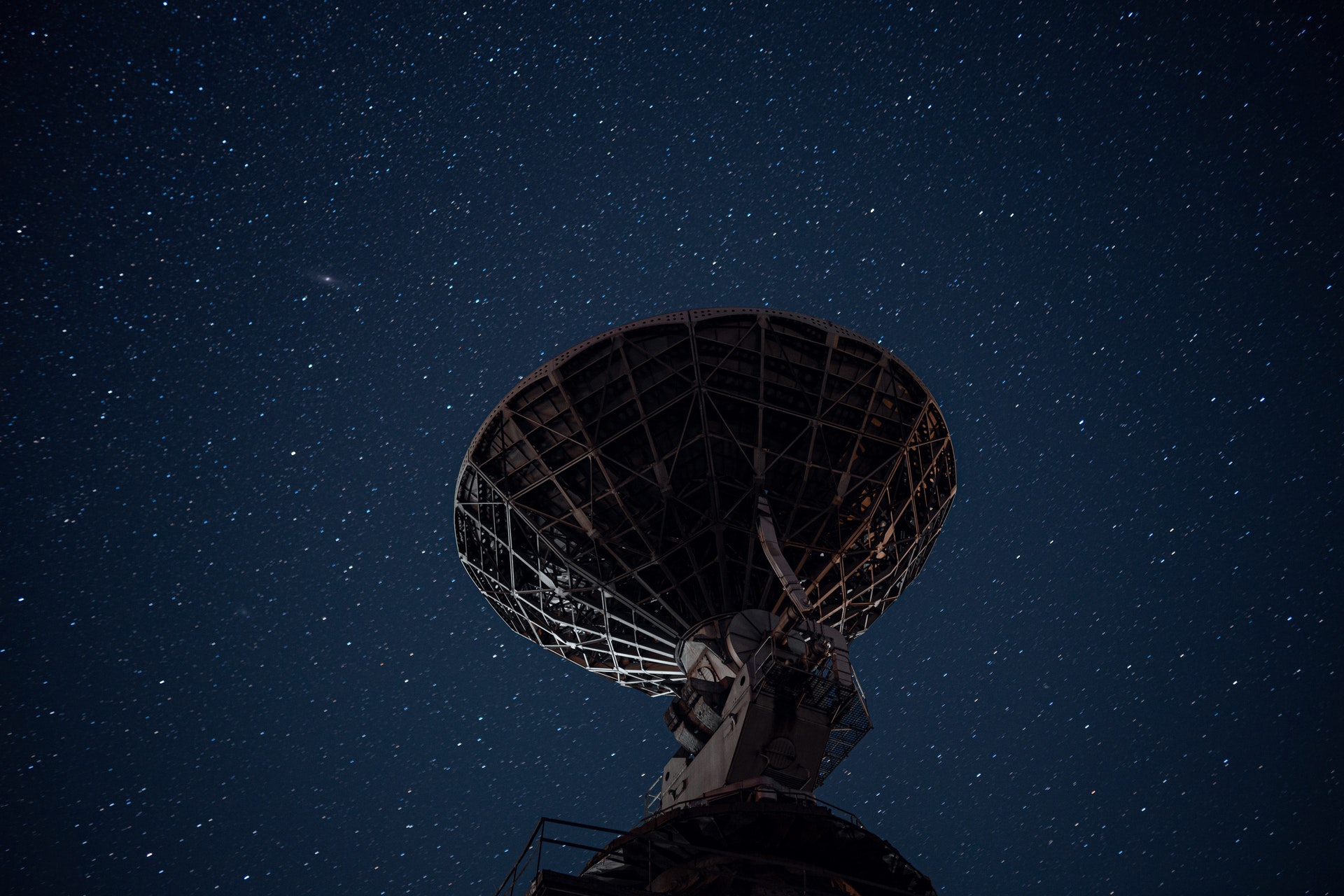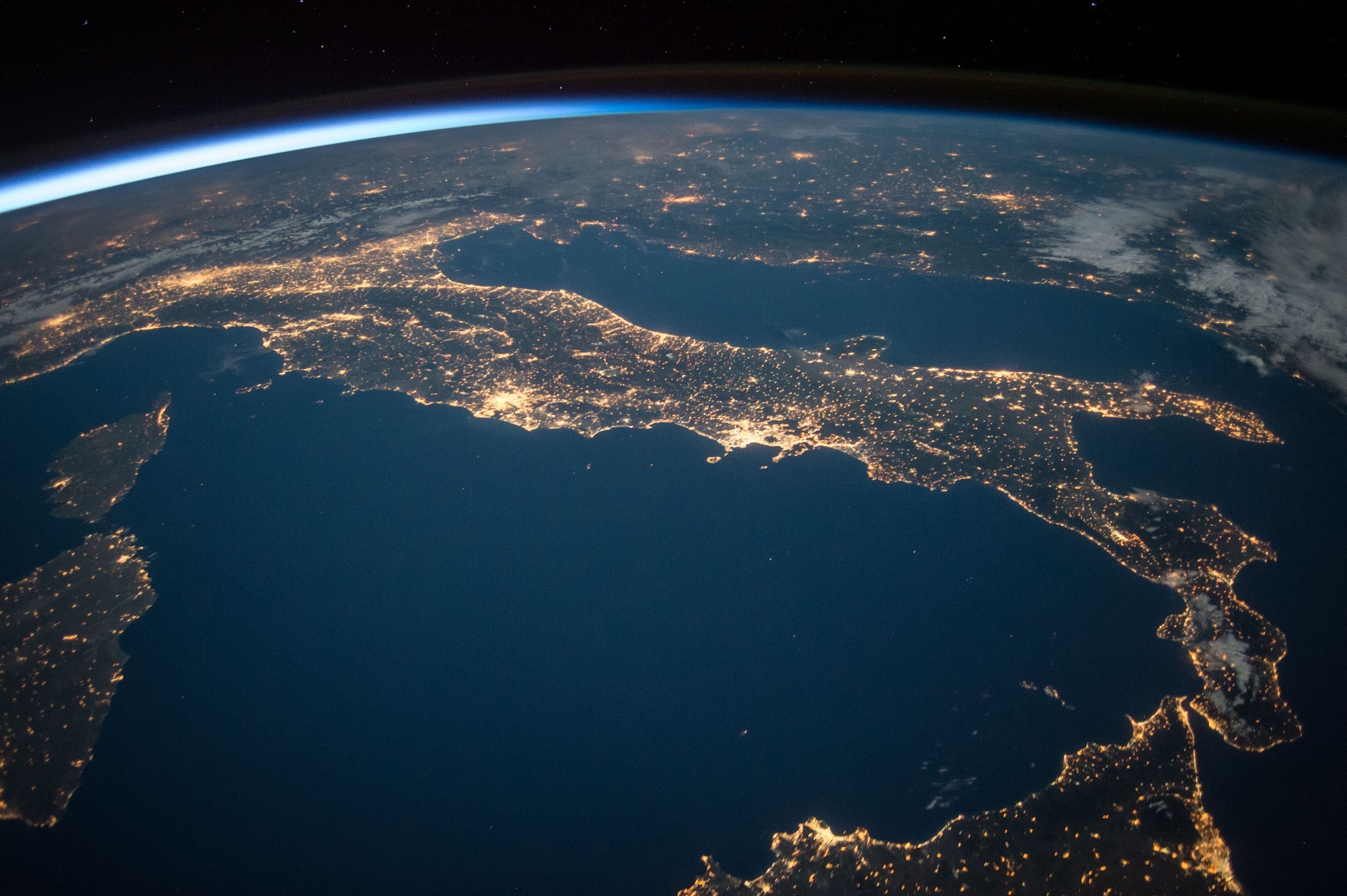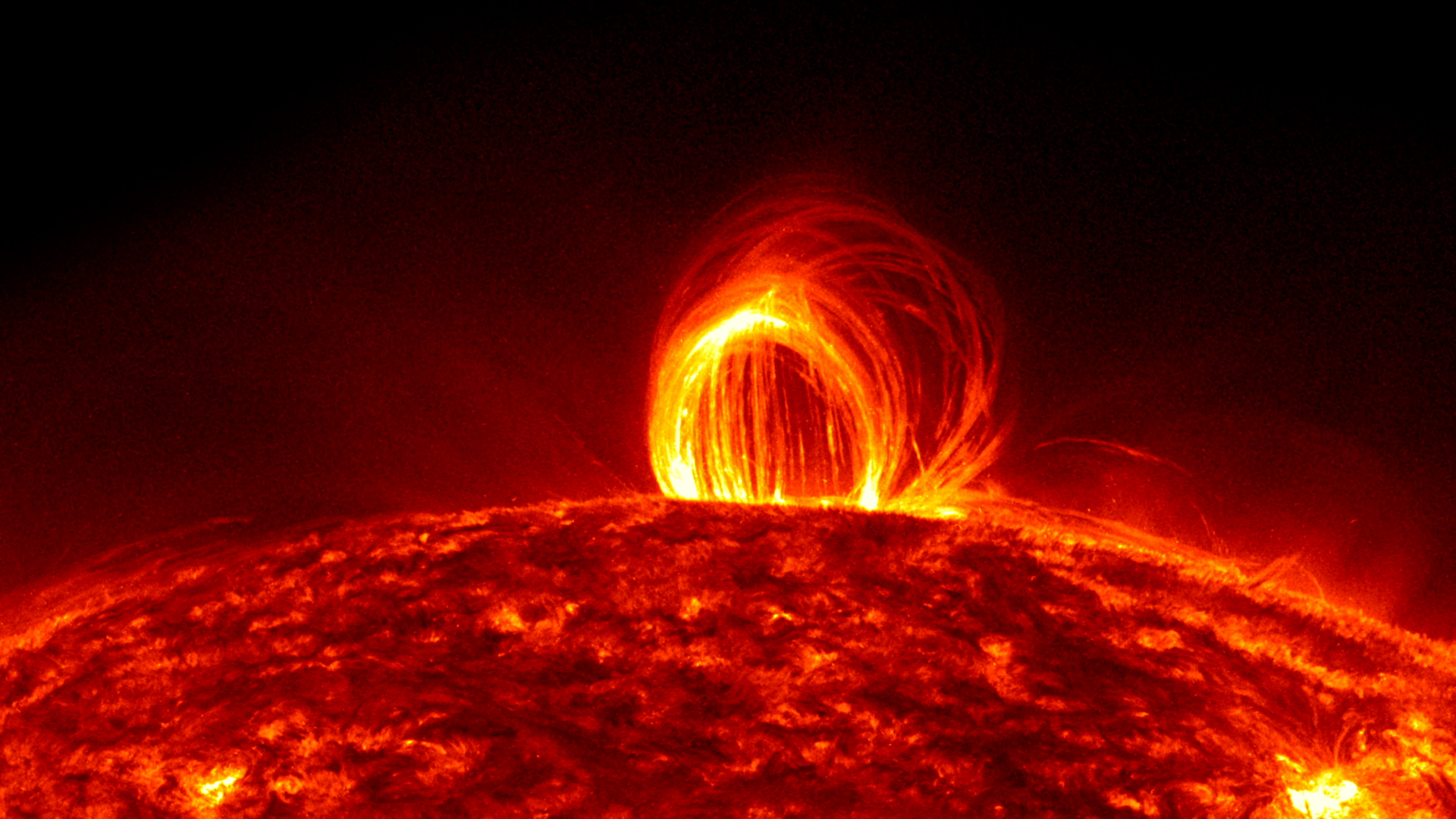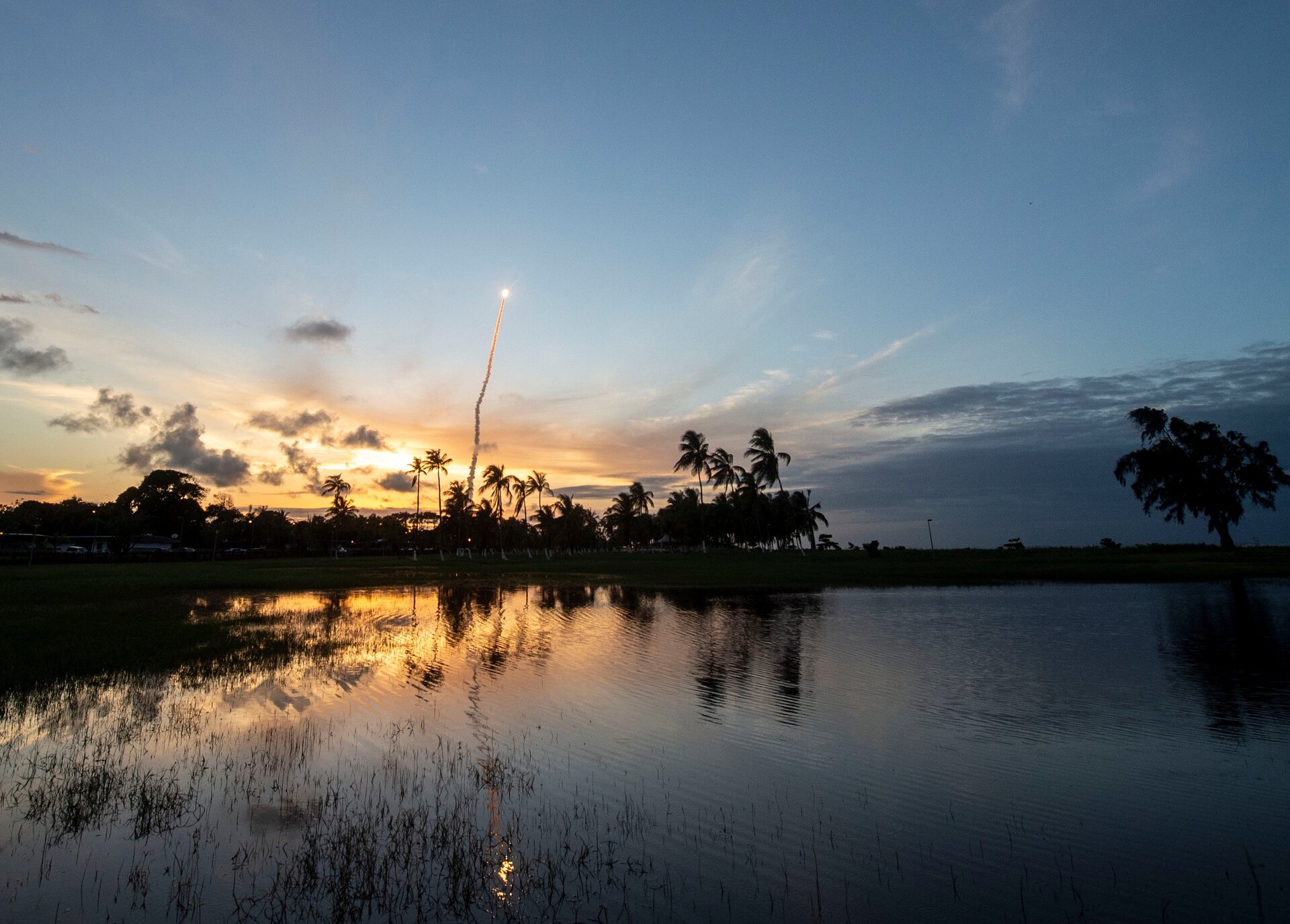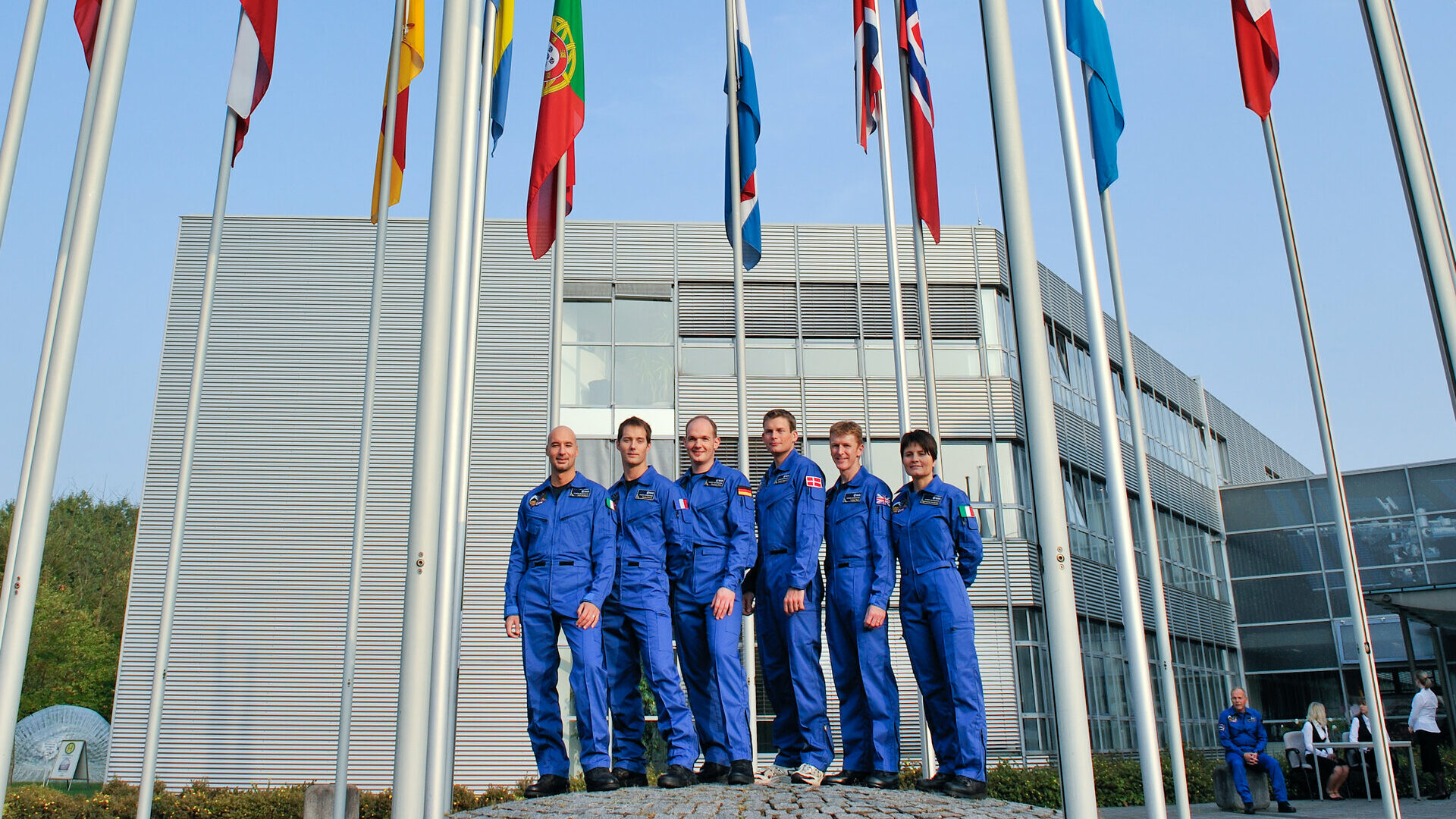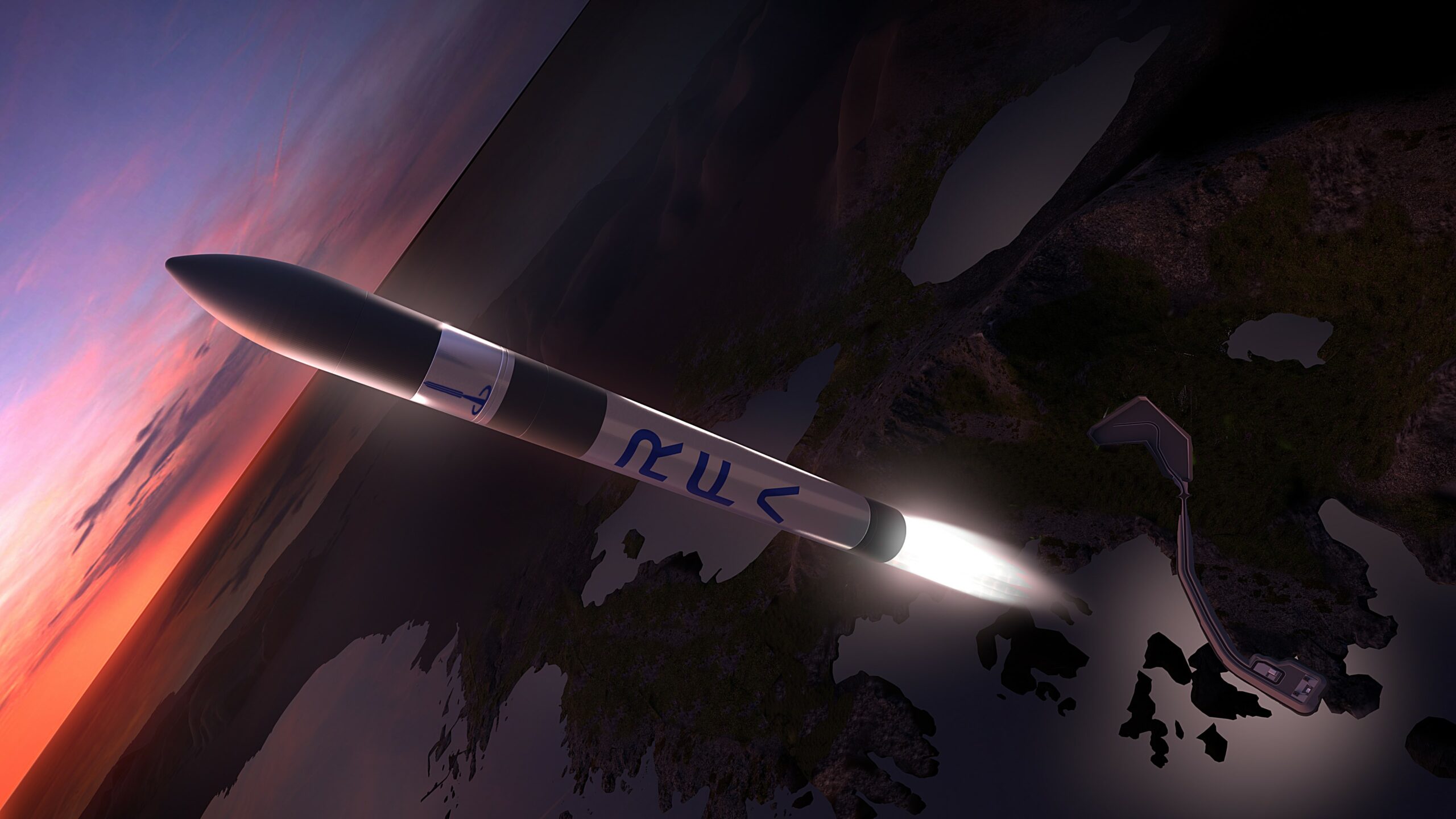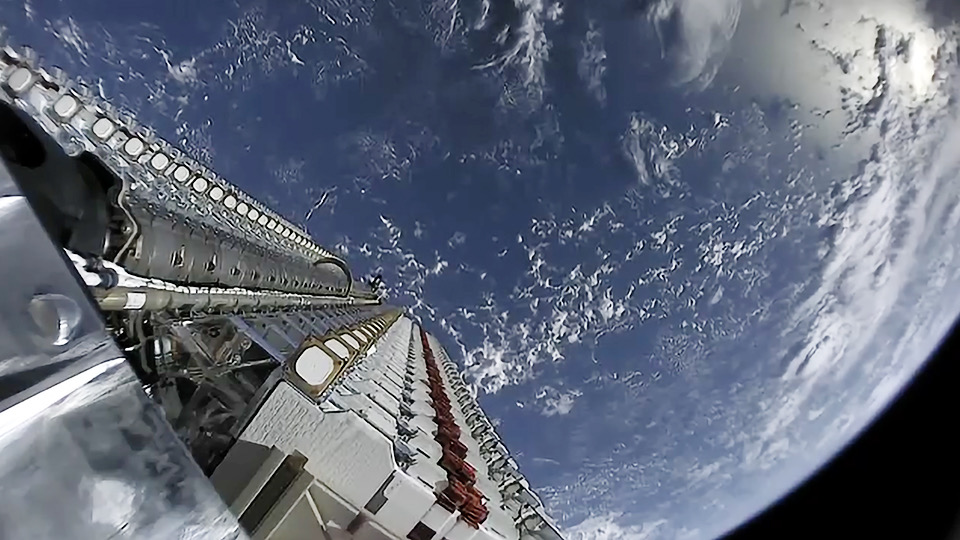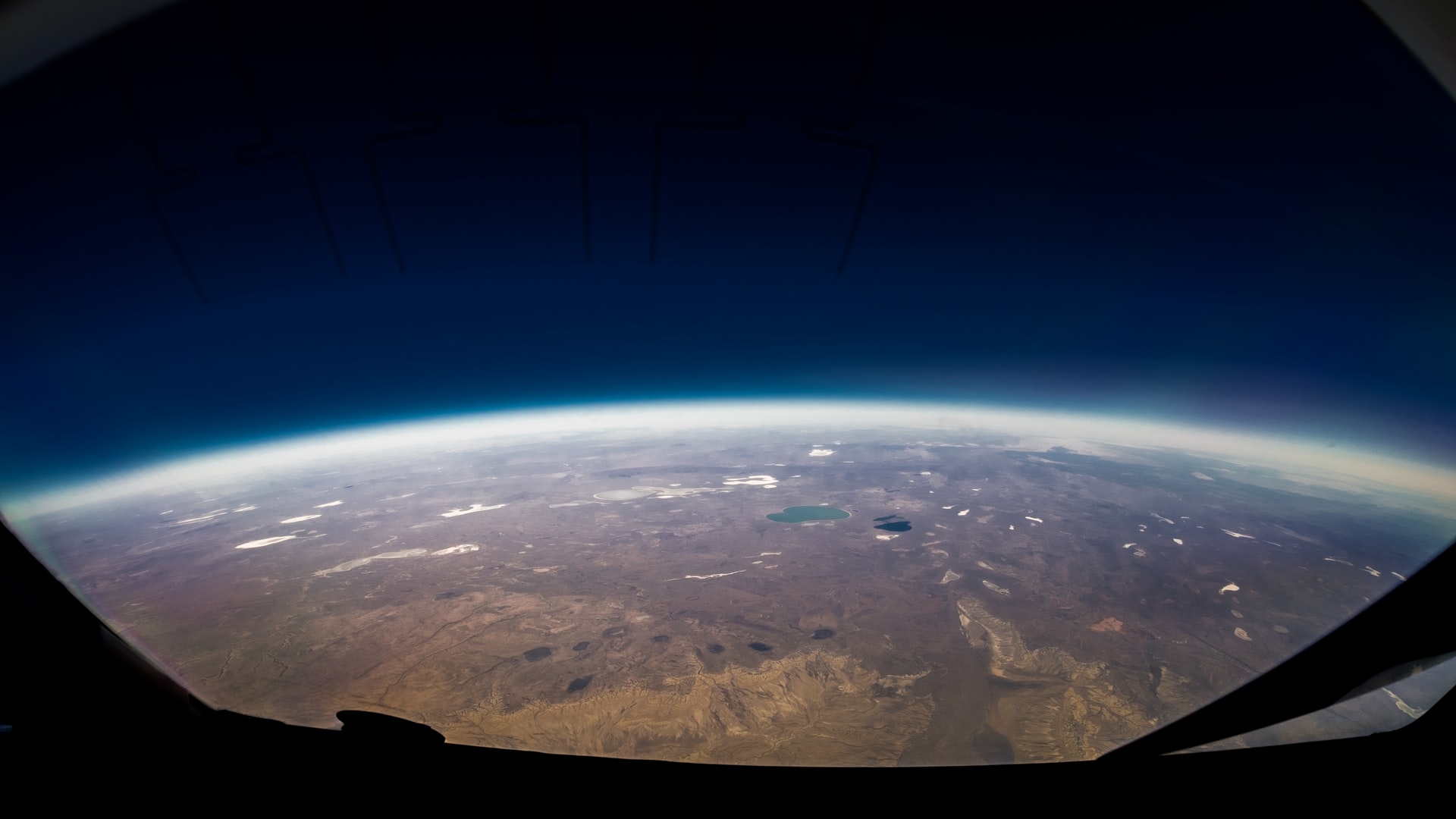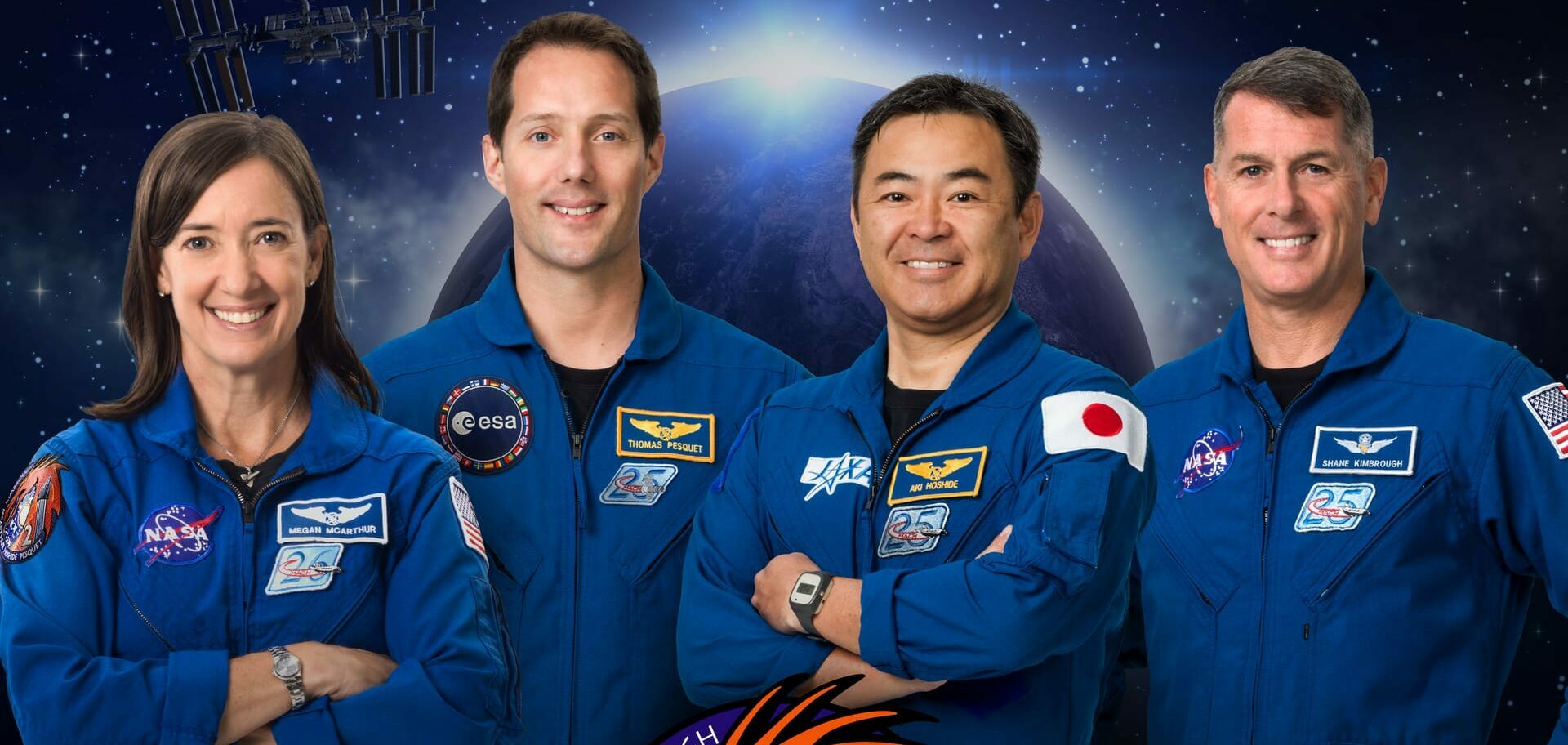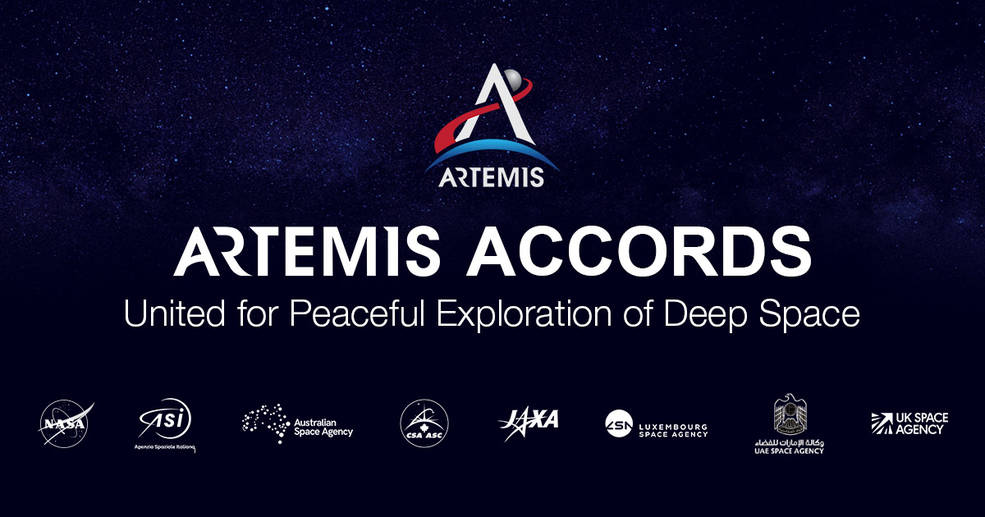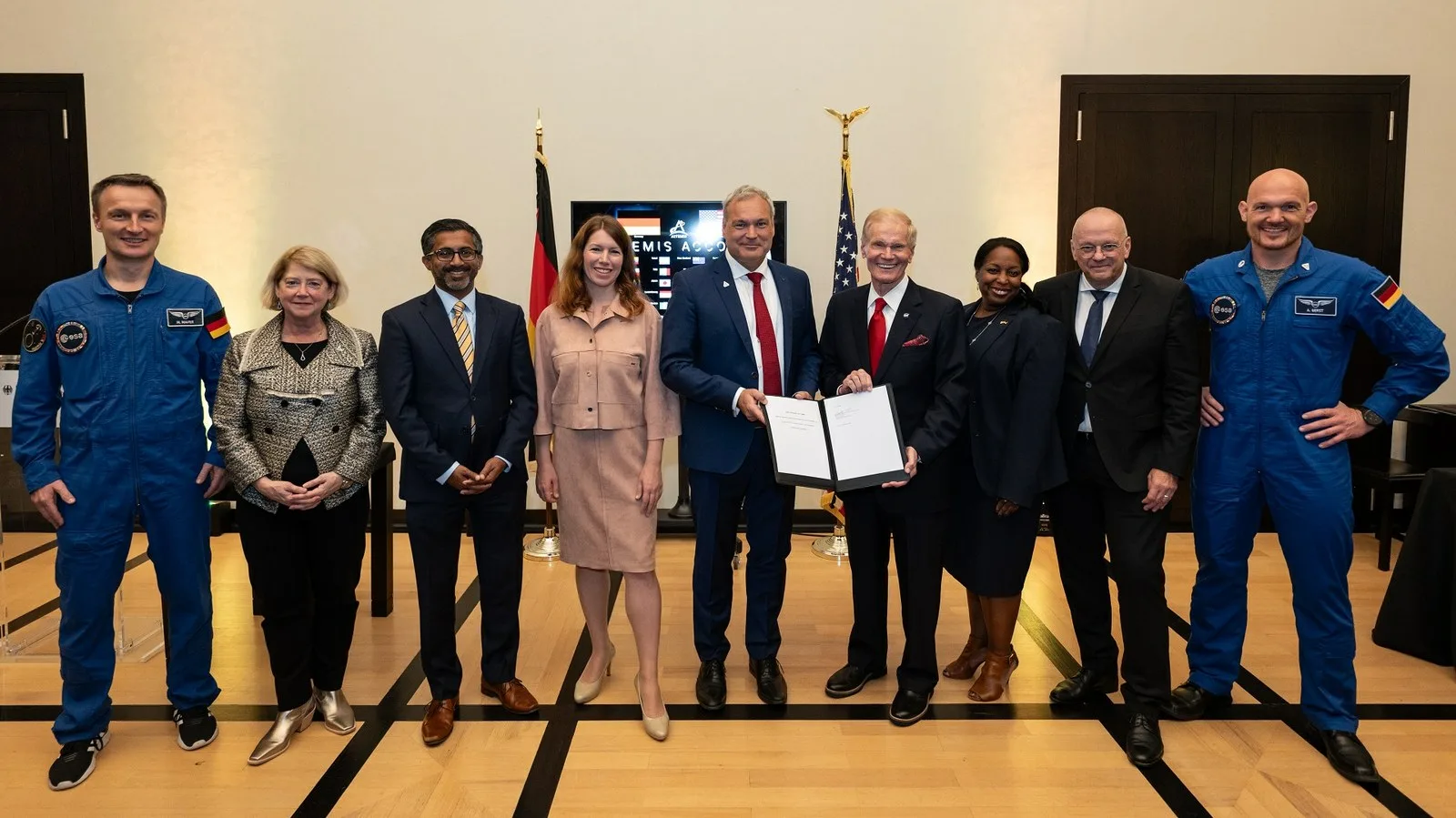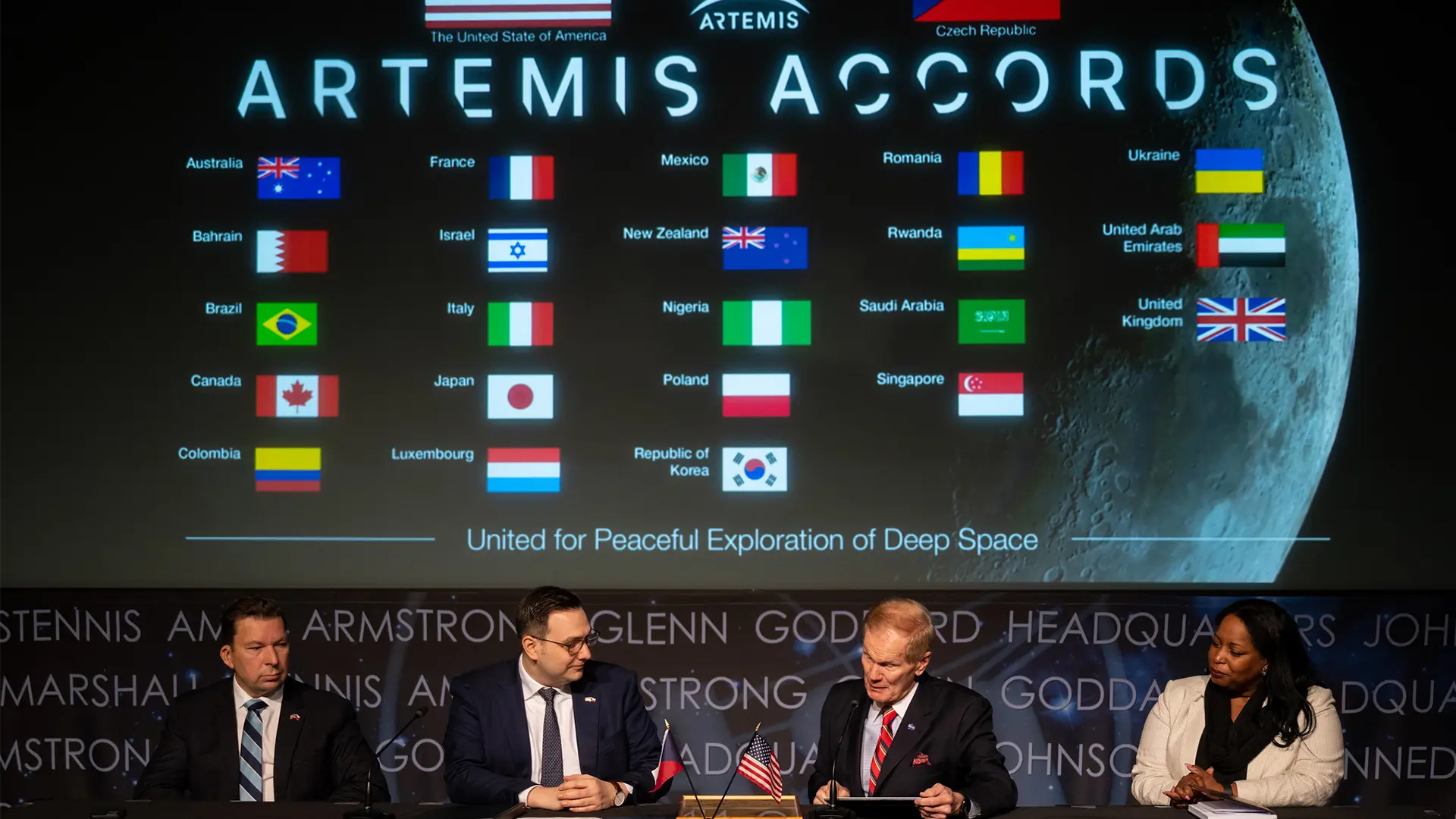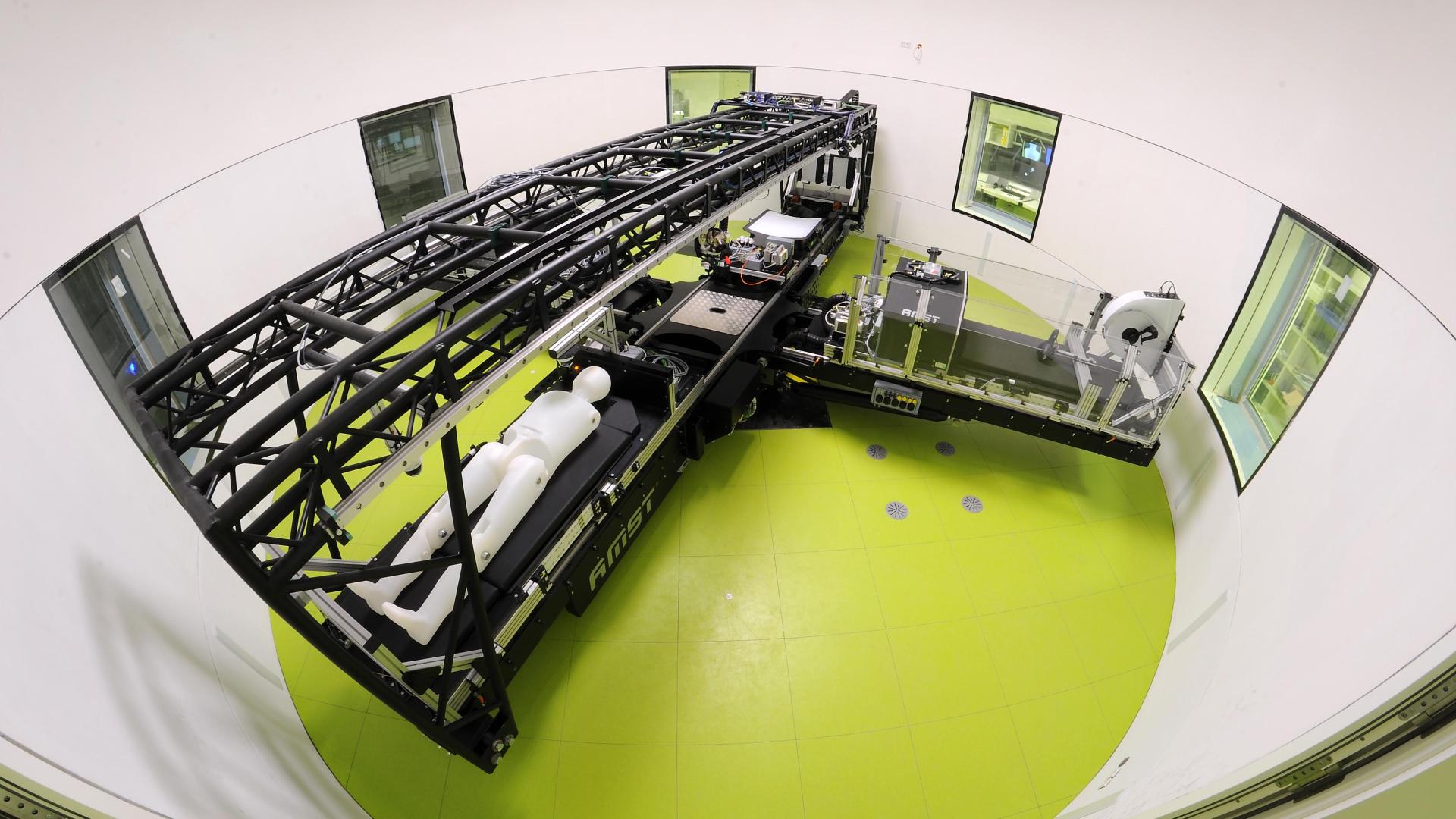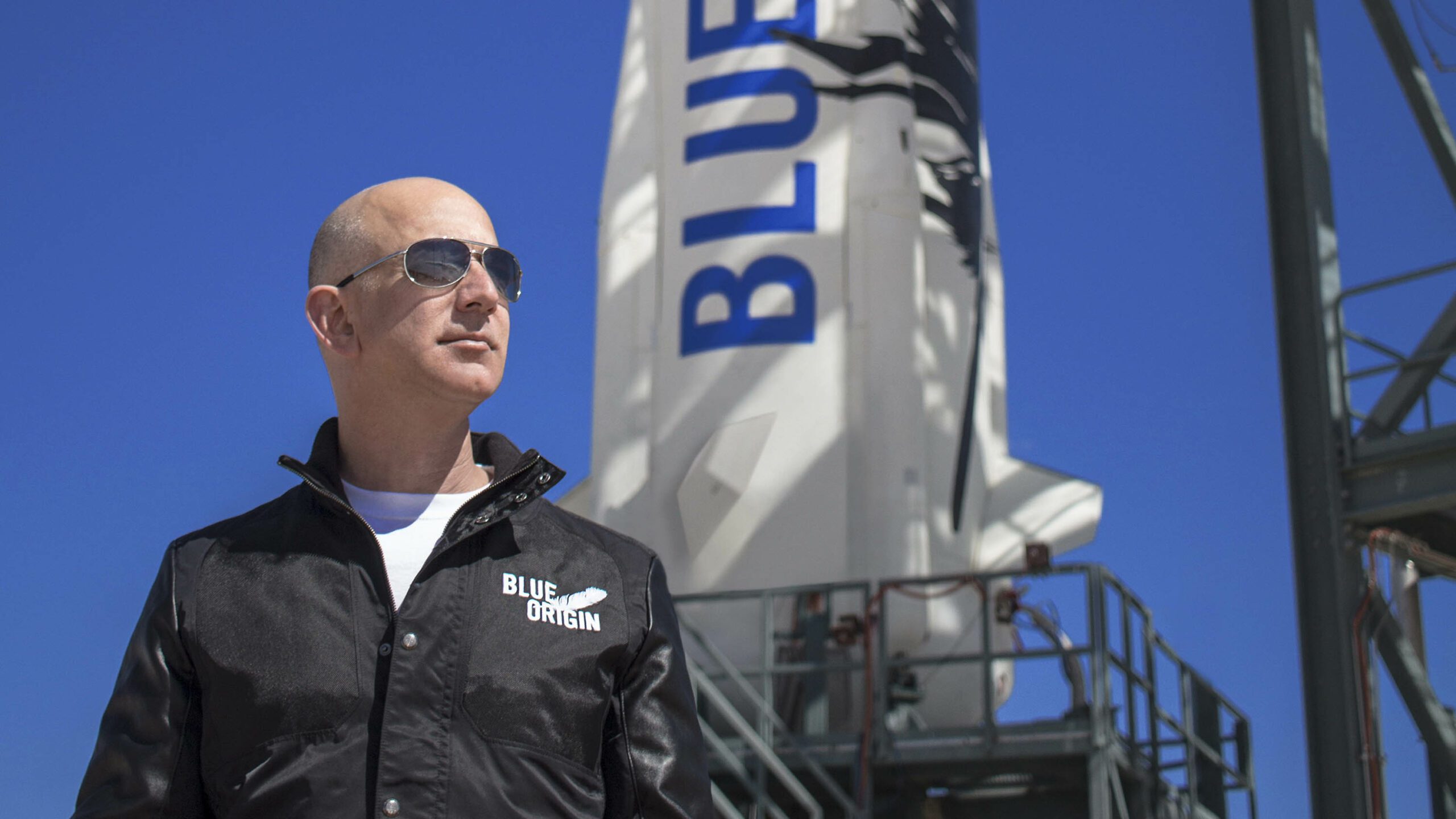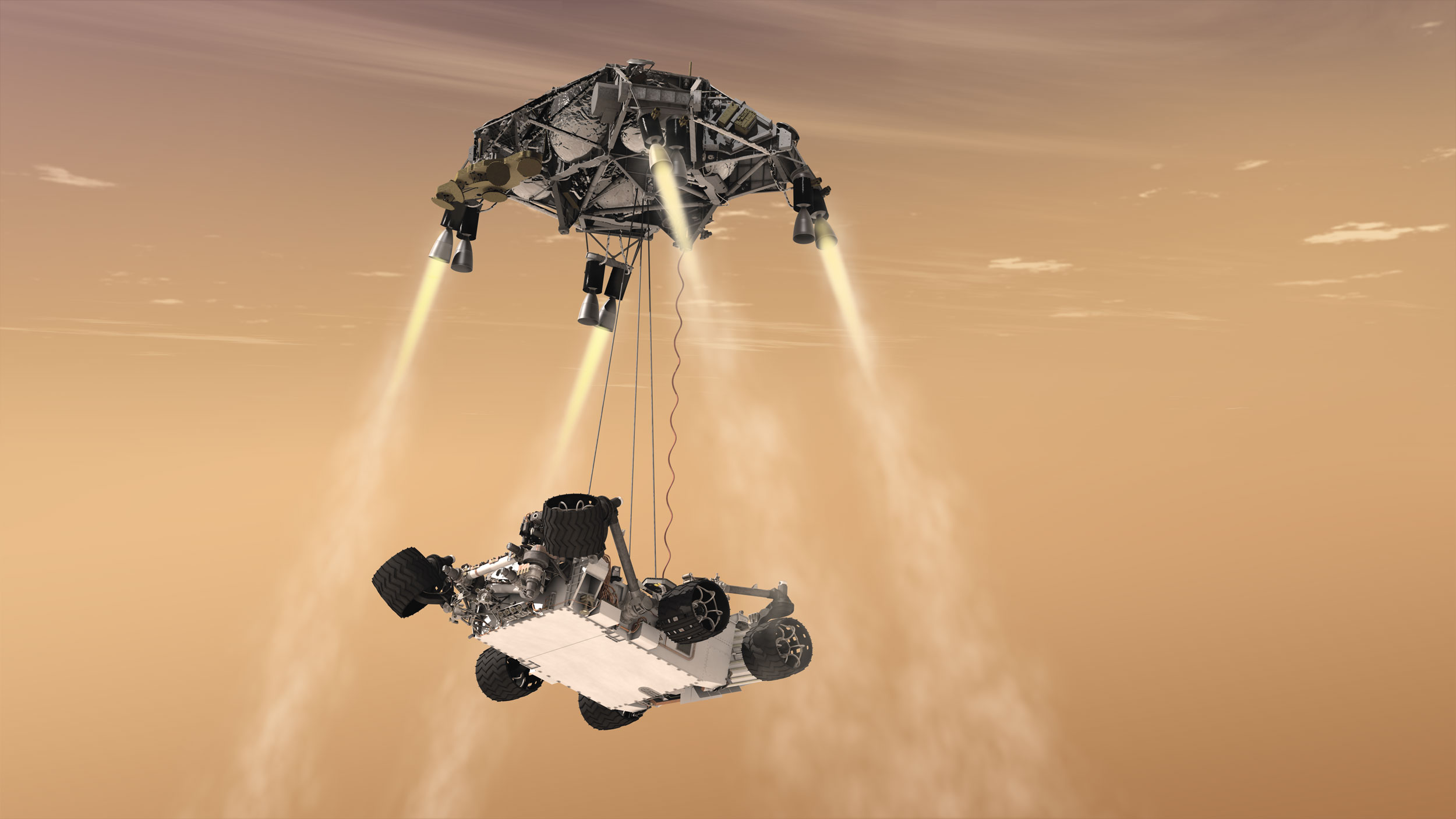
ESA and NASA: Together against climate change
Published on Wed, 14.07.2021 – 20:55 CEST in Cooperations, covering ESAClimate change is one of the greatest challenges currently facing humanity. It is true that 195 countries agreed in Paris on December 12, 2015 to keep global warming well below 2°C. But in order to be able to take appropriate measures, a large amount of data is required as a basis. A decisive factor here is data obtained from observation by satellites.
To ensure that the data is used in the best possible way, ESA and NASA have now agreed on a strategic partnership for research into the Earth and climate change. Formally, Josef Aschbacher (Director General of ESA) and Bill Nelson (Administrator of NASA) signed a Memorandum of Understanding to this effect on July 13, 2021. The joint efforts in geoscientific observations, research and applications are to pave the way for finding a global response to climate change.
"Climate change is a global challenge that requires all hands on deck action - and action now. NASA and ESA are leaders in space, building an unprecedented strategic partnership in Earth science. This agreement will set the standard for future international collaboration by providing the information that is so critical to addressing the challenges of climate change and helping to answer and address the most pressing questions in Earth science for the benefit of the United States, Europe, and the world."
Bill Nelson, NASA Administrator
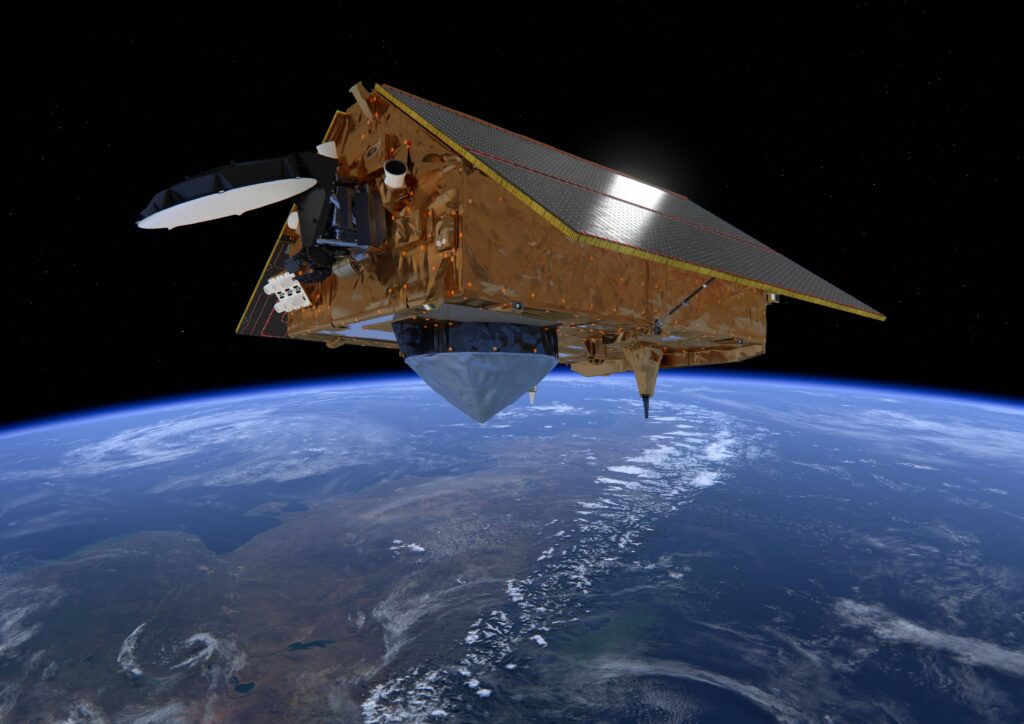
The collaboration between ESA and NASA is not a novelty in itself: The two space agencies are already working together on the recently launched Copernicus mission Sentinel-6 - which is intended to monitor sea level rise. There is also already cooperation on field missions in the Arctic, for example to validate the respective CryoSat and ICESat missions.
NASA has already put climate change on its agenda in May 2021 and announced that it will develop a series of missions with the Earth System Observatory that focus on Earth observation. The main aim is to reduce the impact of disasters and, for example, better detect forest fires (see also OroraTech) or support agricultural processes such as harvesting in real time.
"There is no doubt that space is the best place to observe and record climate change, but joining forces is also key to addressing this global problem. That's why today's agreement between our organizations is so critical. The timing is also important, especially in light of the COP26 climate conference this year, where we have an opportunity to make space an integral part of the solution when it comes to mitigating climate change."
Josef Aschbacher, Director General ESA
However, the cooperation between ESA and NASA is to be expanded even further. Among other things, with a gravitational mission whose goal is to gain a better understanding of the water cycle on Earth. This is already being planned, but it is not yet clear when it will be implemented.
Background: Mitigating climate change by reducing emissions
At the world climate conference in Paris (COP21), the countries agreed on
- A long-term goal of limiting the increase in global average temperature to significantly below 2°C above pre-industrial levels;
- the goal of limiting the increase to 1.5°C, as this would significantly reduce the risks and consequences of climate change;
- The need to peak global emissions as soon as possible, with more time given to developing countries to do so;
- efforts to then bring about rapid emissions reductions in line with the best available science to balance emissions and removals in the second half of this century.
The EU - and thus its member states - formally ratified the agreement on October 5, 2016. This allowed it to enter into force on November 4, 2016. In the meantime, the United States under President Donald Trump had withdrawn from the agreement, but rejoined shortly after Joe Biden took office. The next UN climate conference (COP26) has been postponed until November 1 to November 12, 2021 due to the pandemic and will take place in Glasgow, Scotland.
via ESA, European Commission
